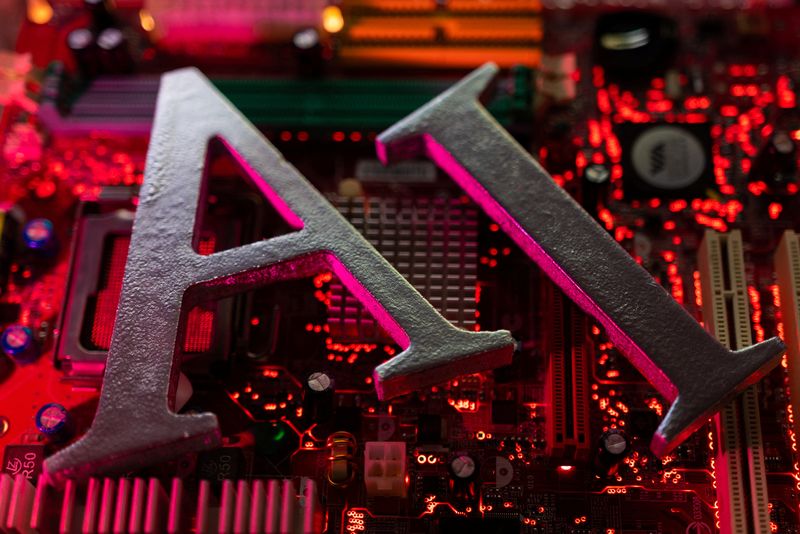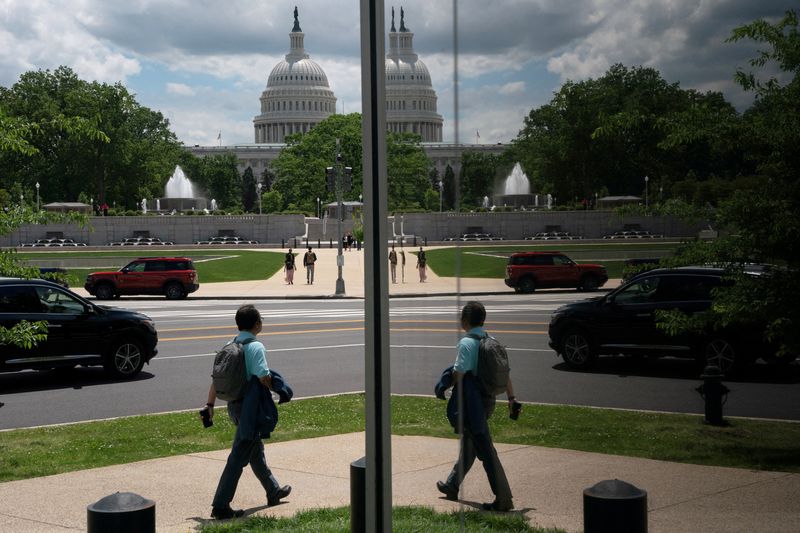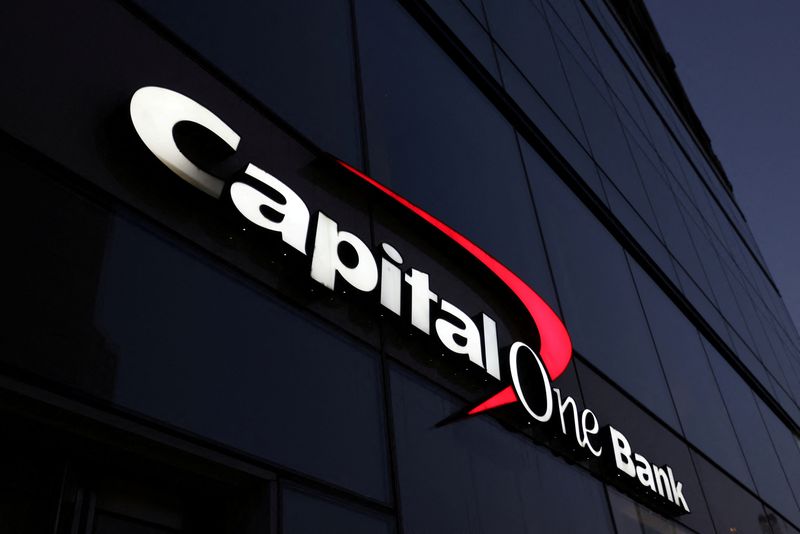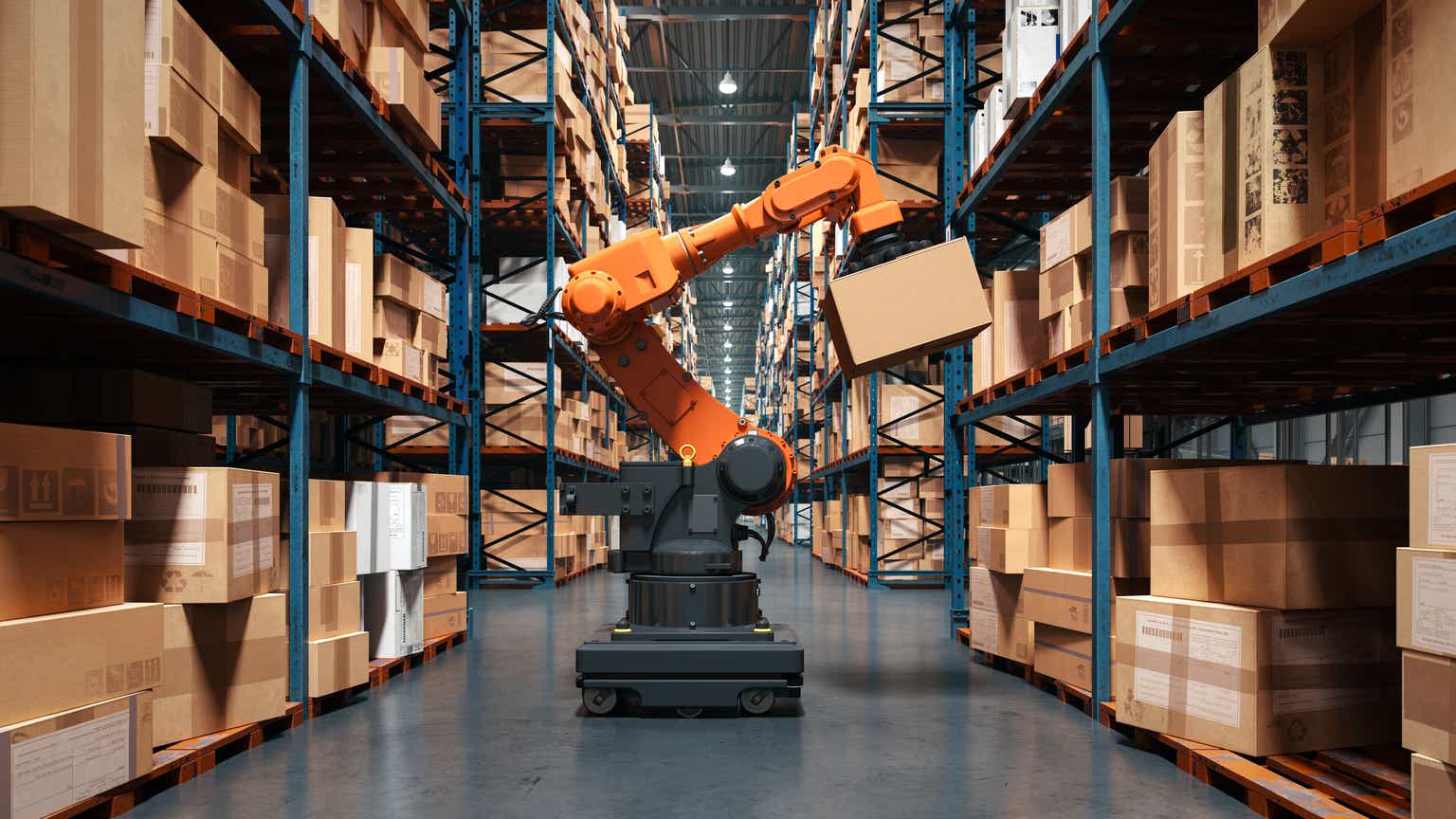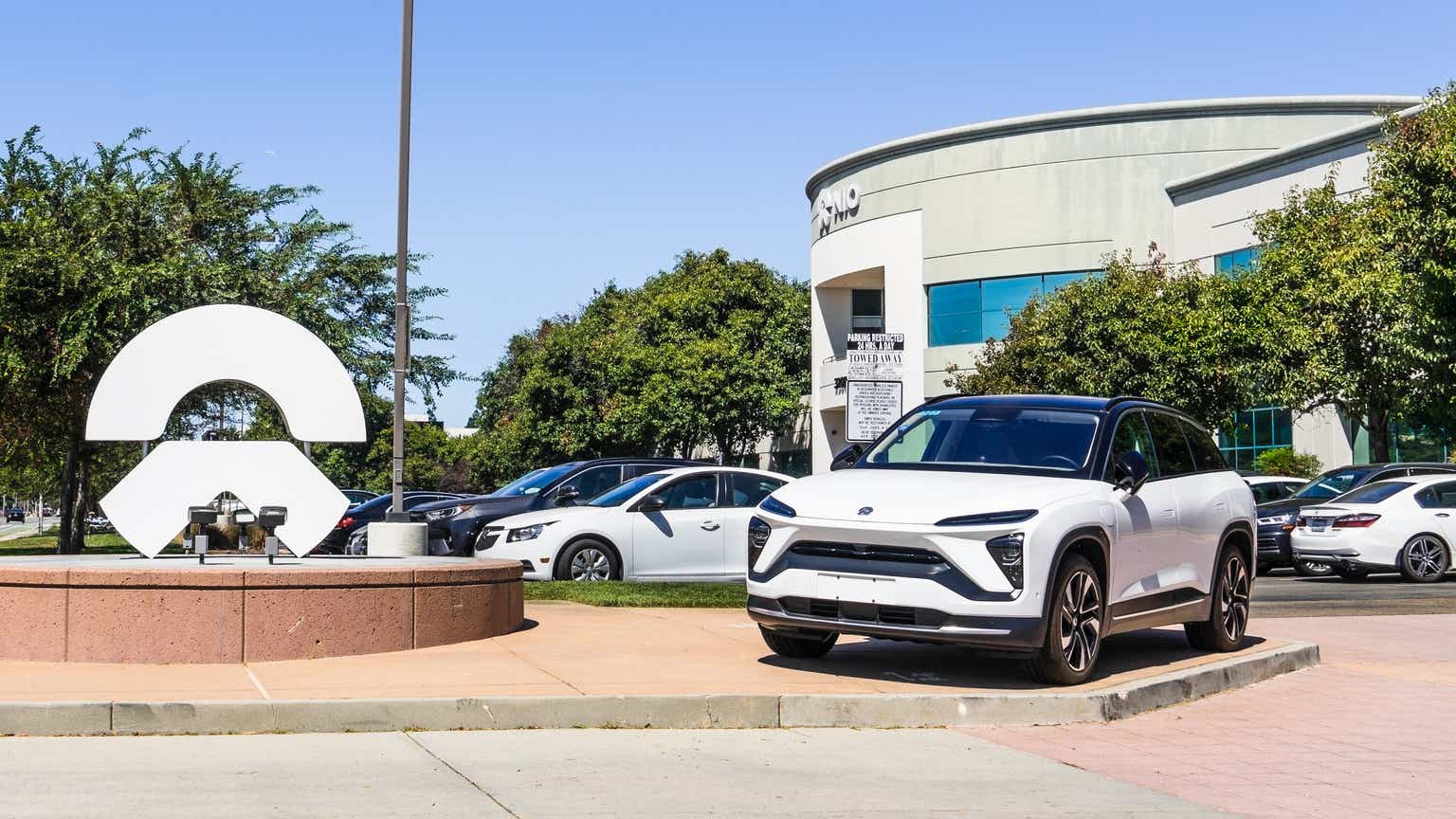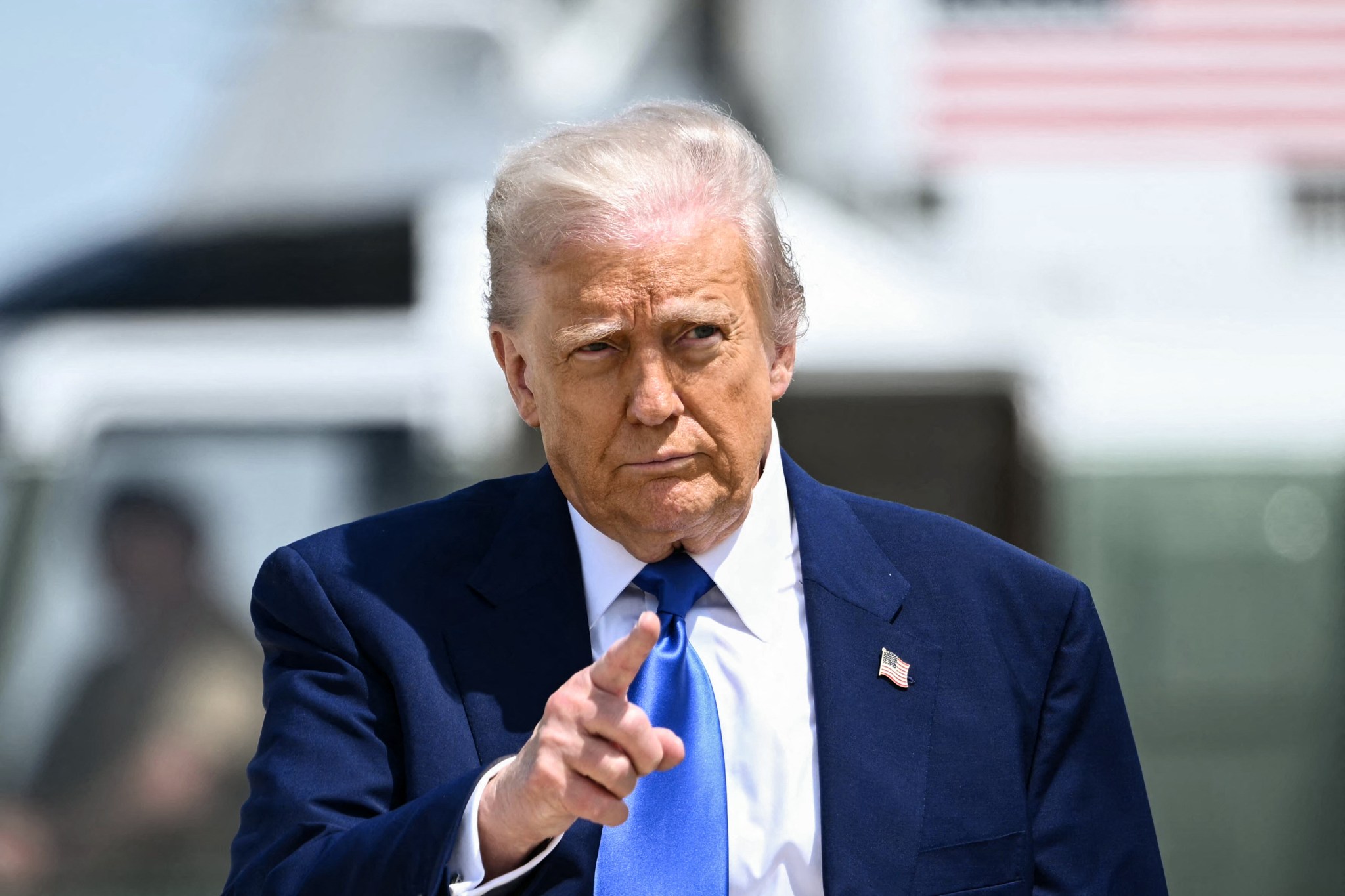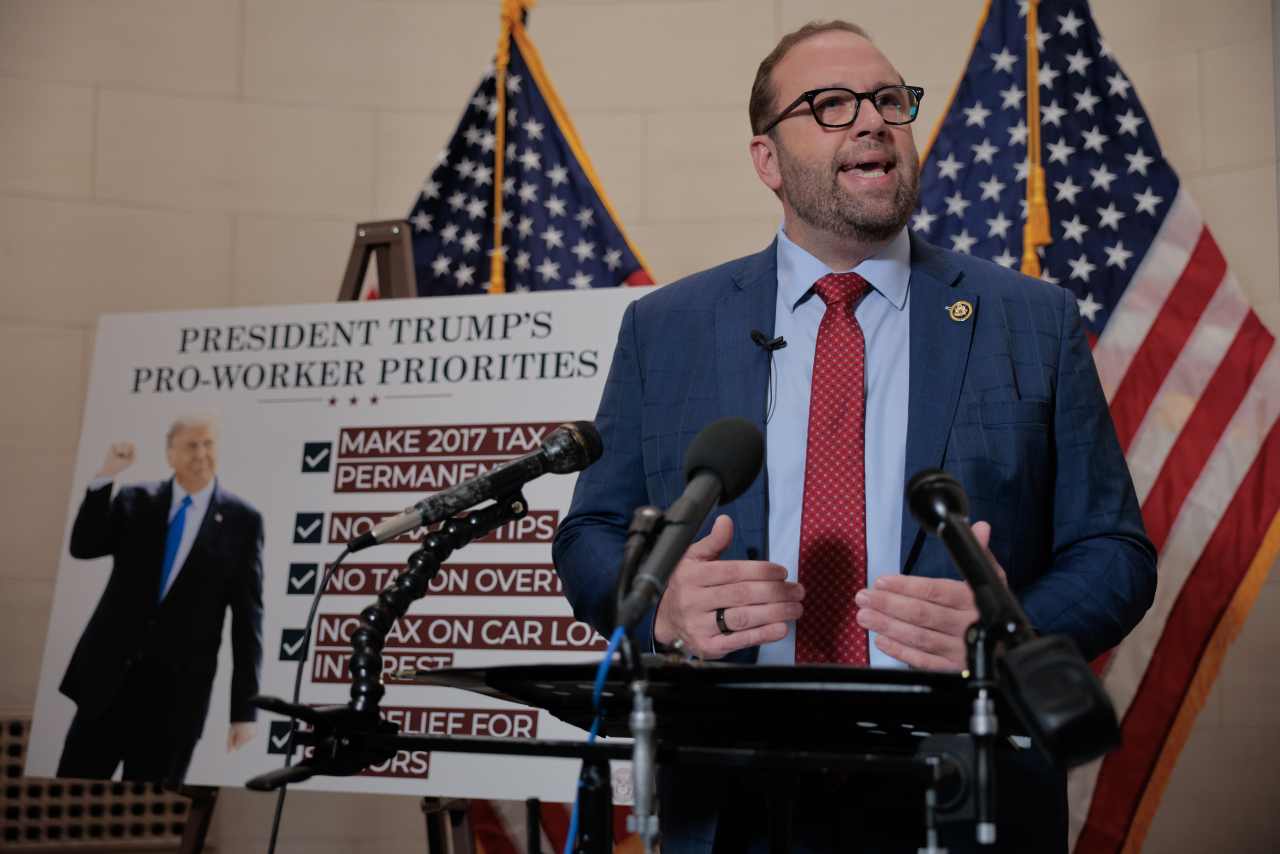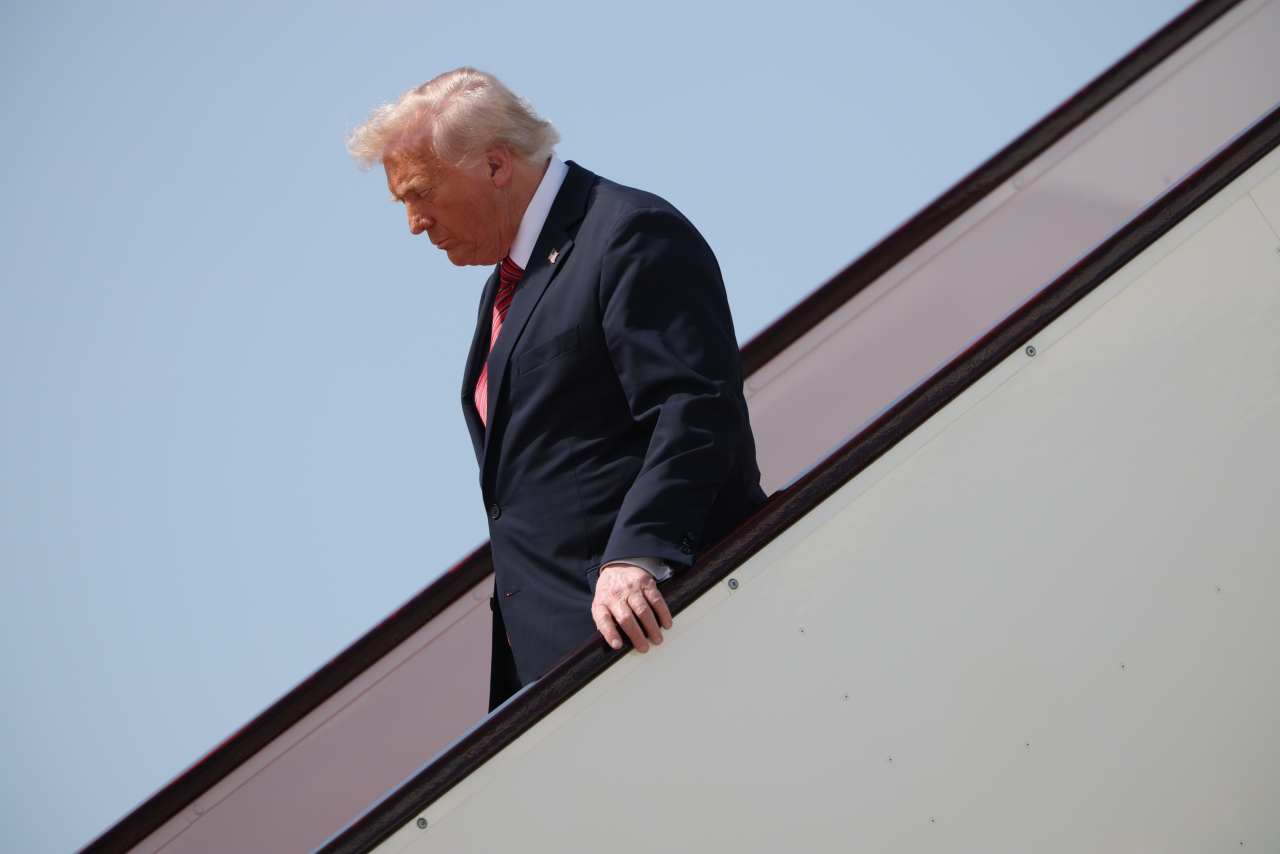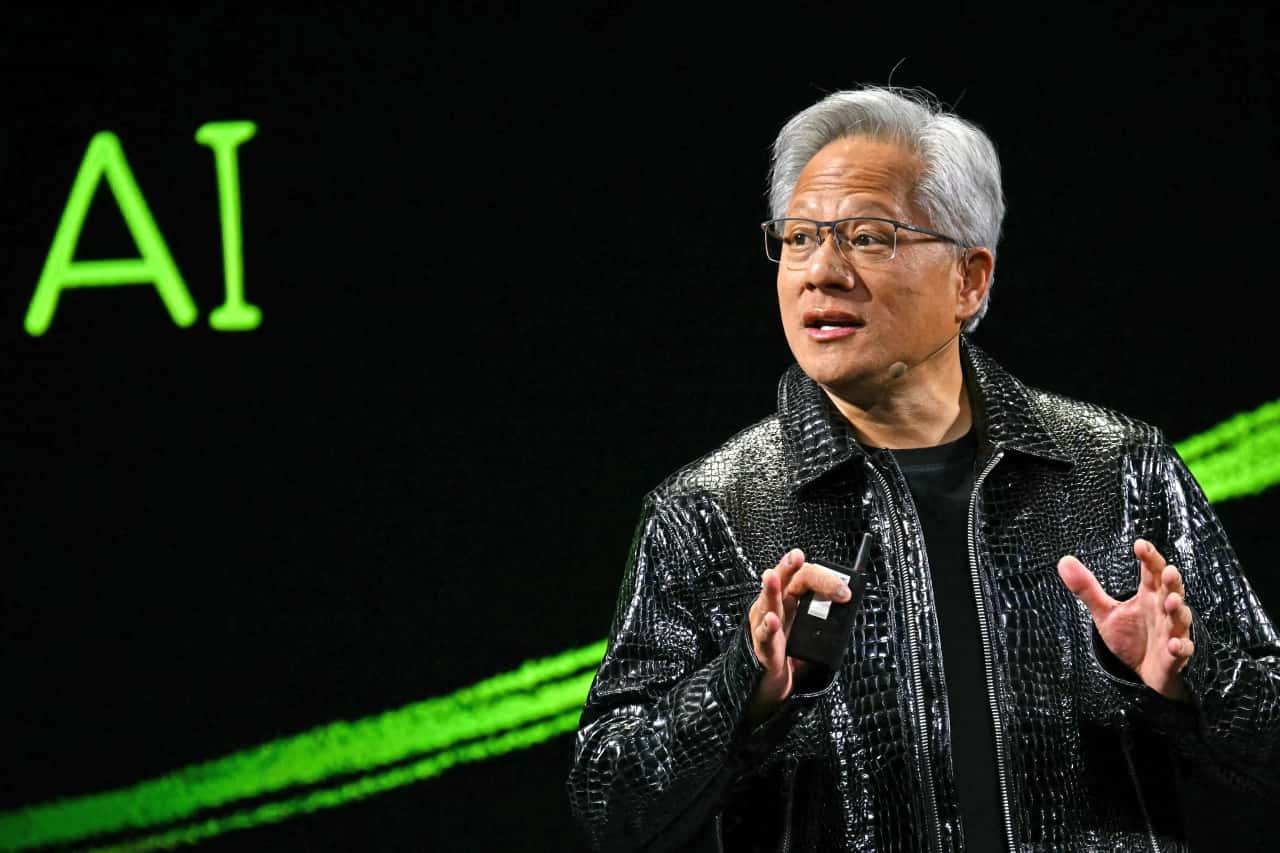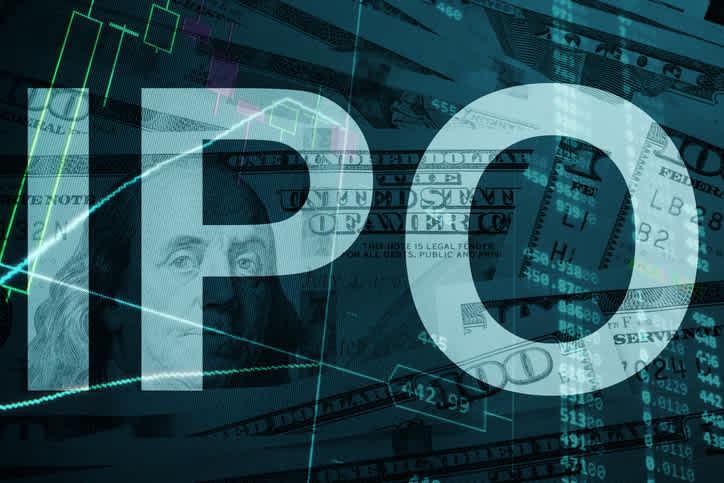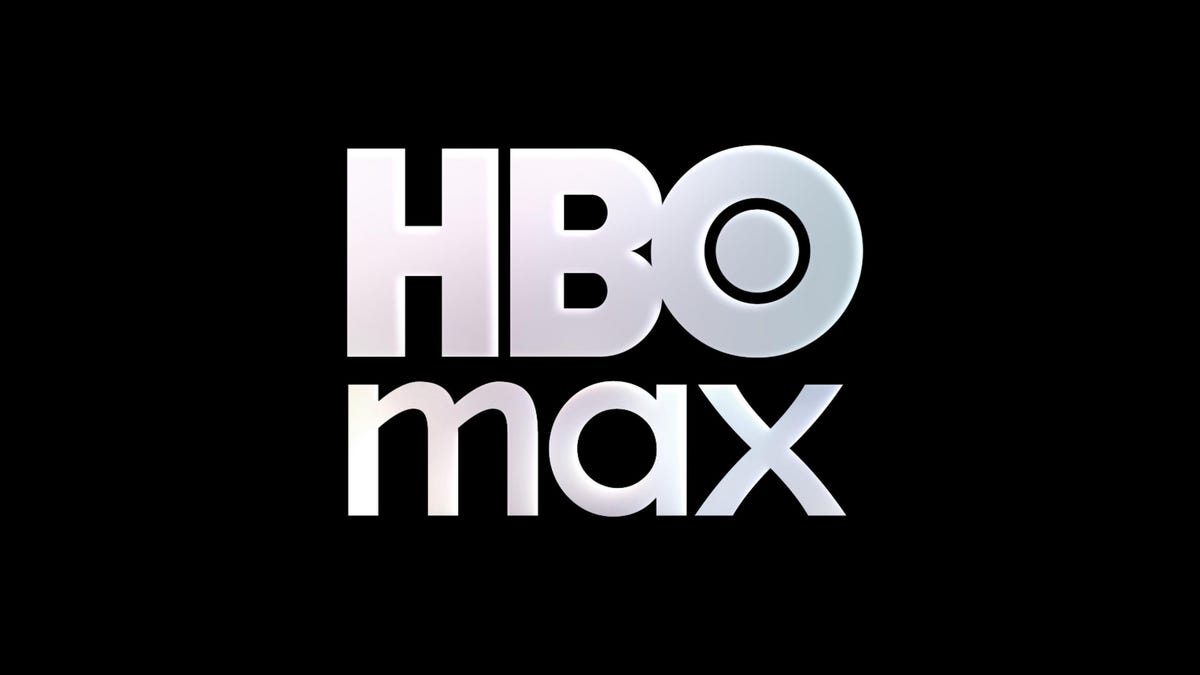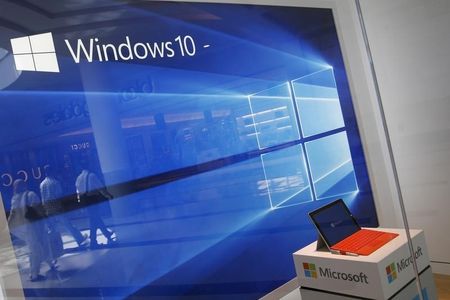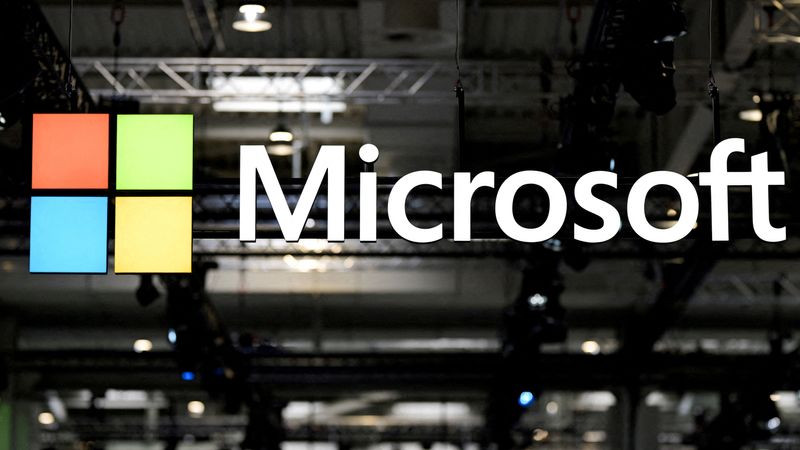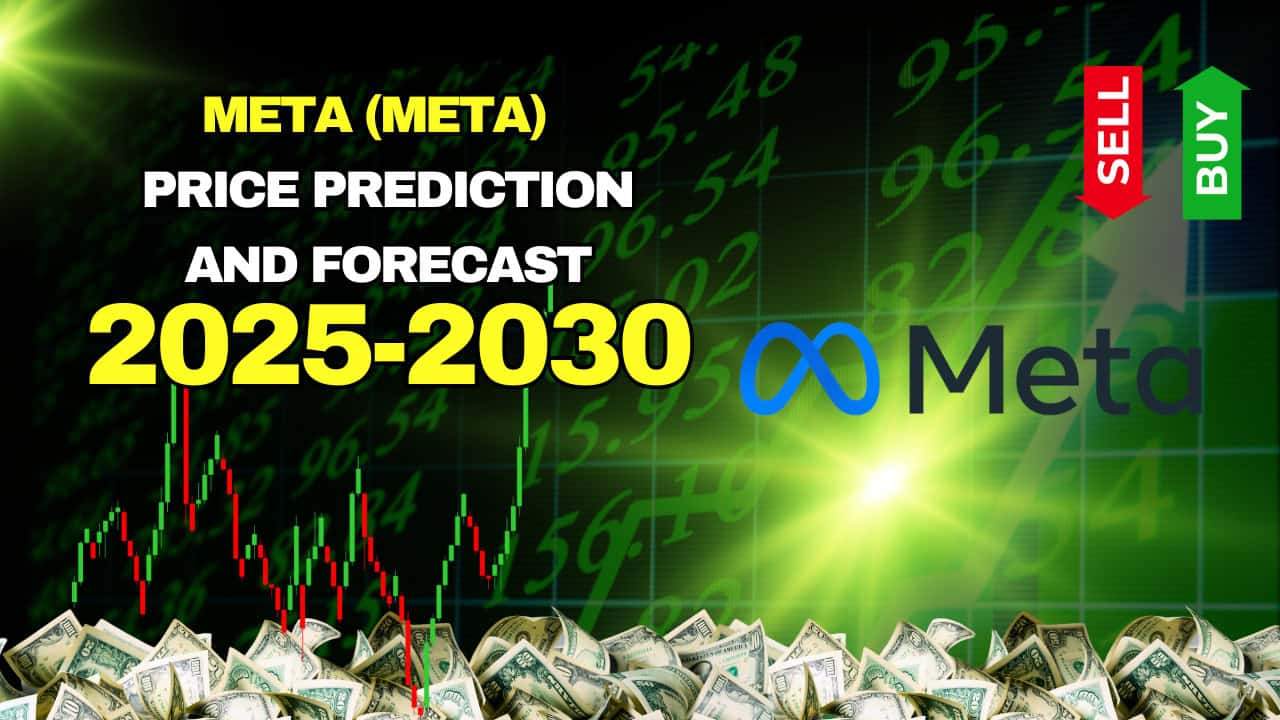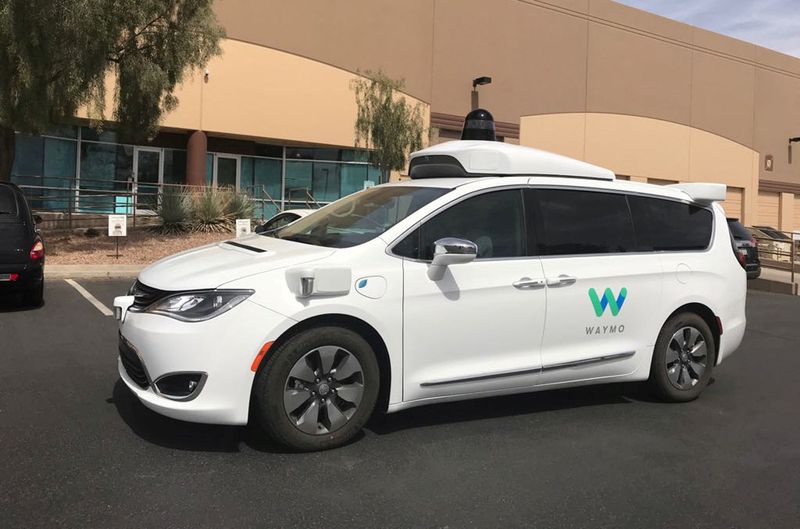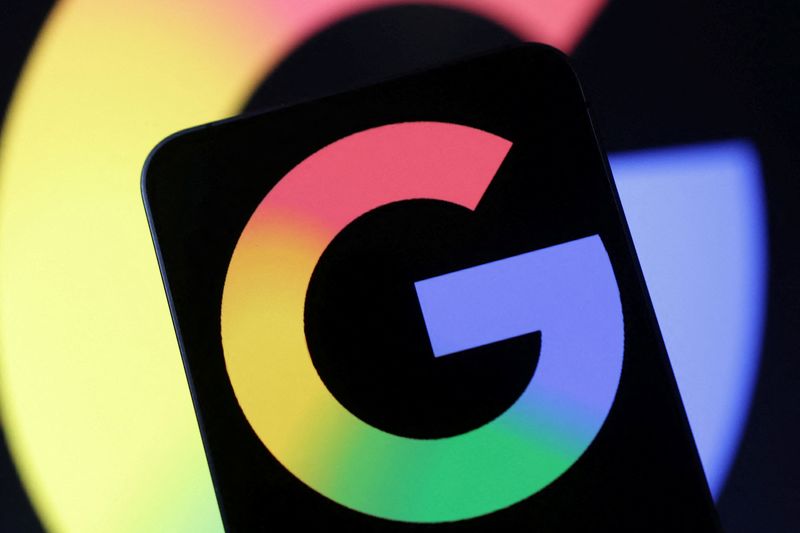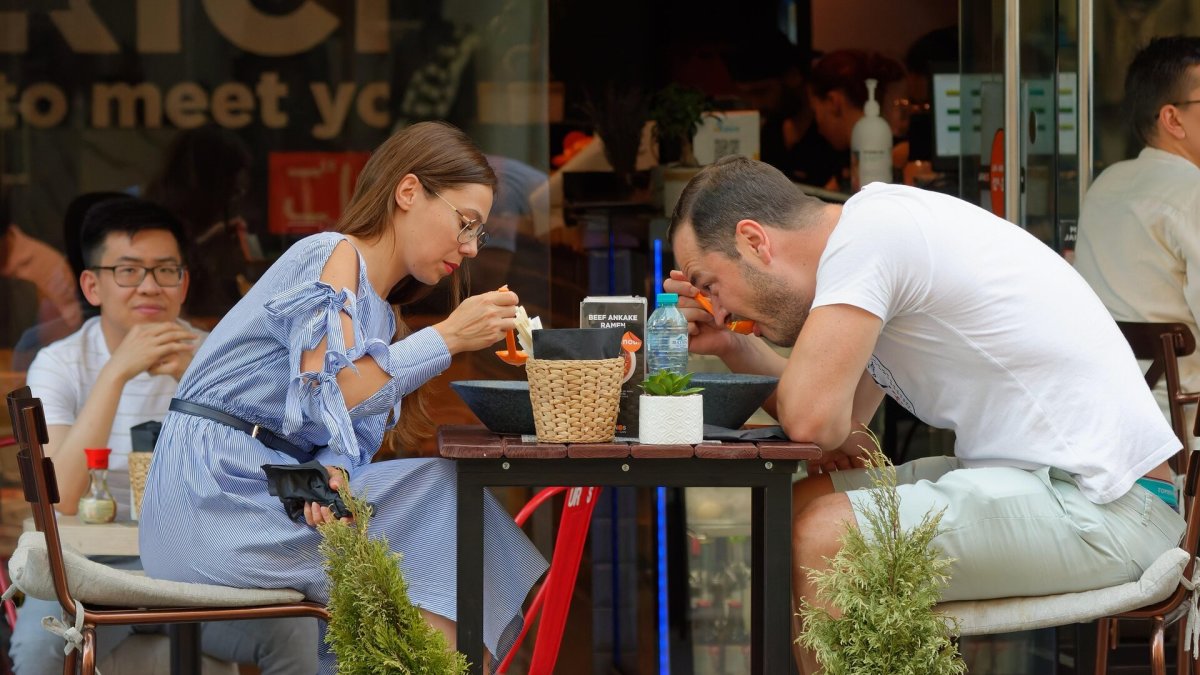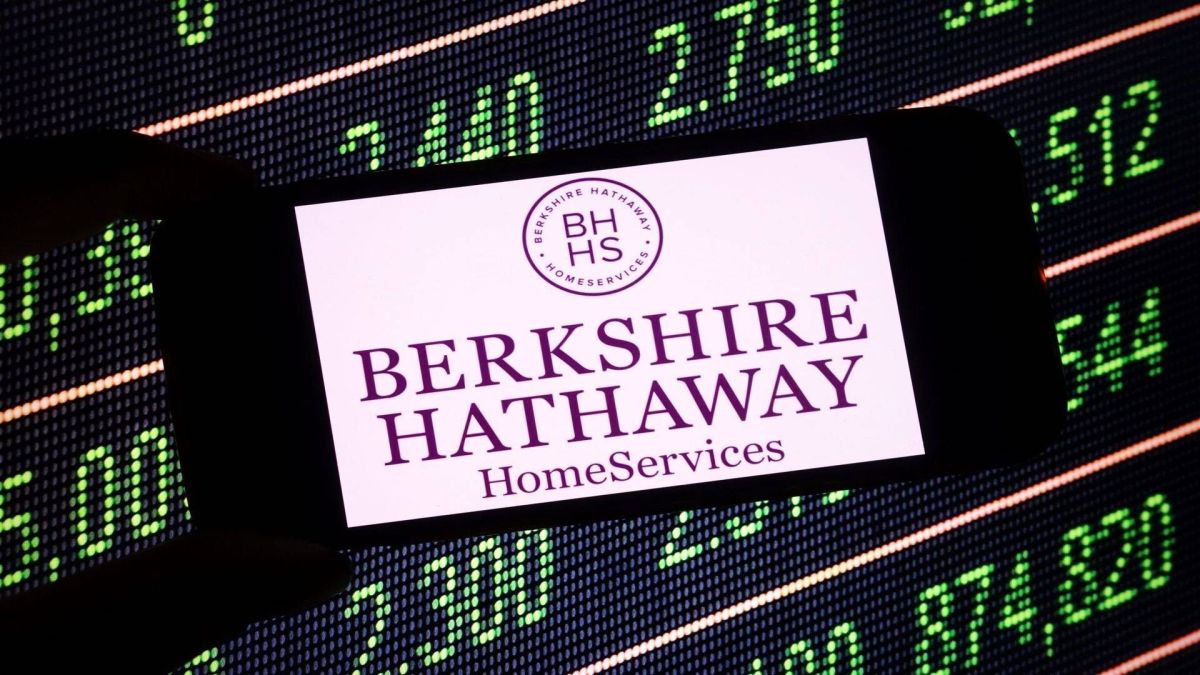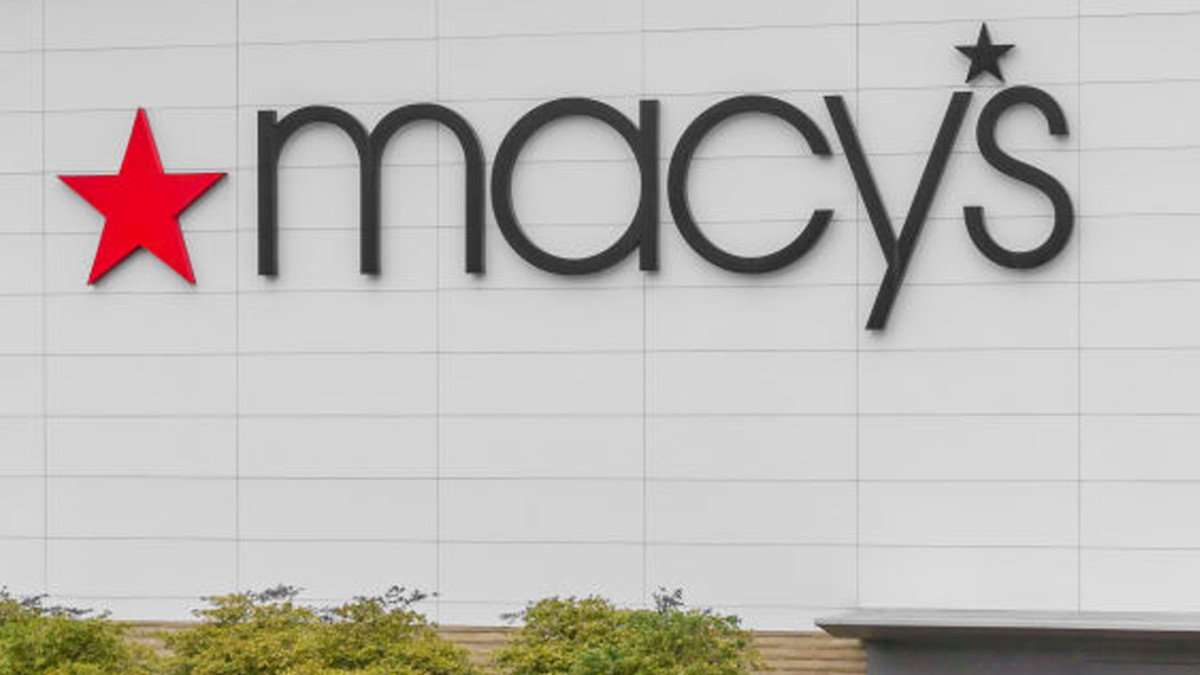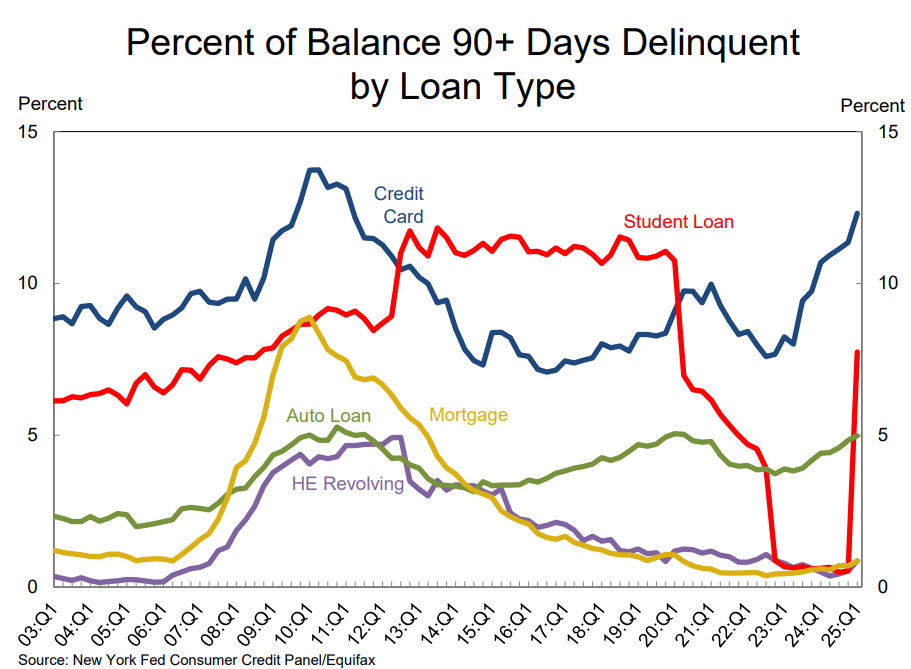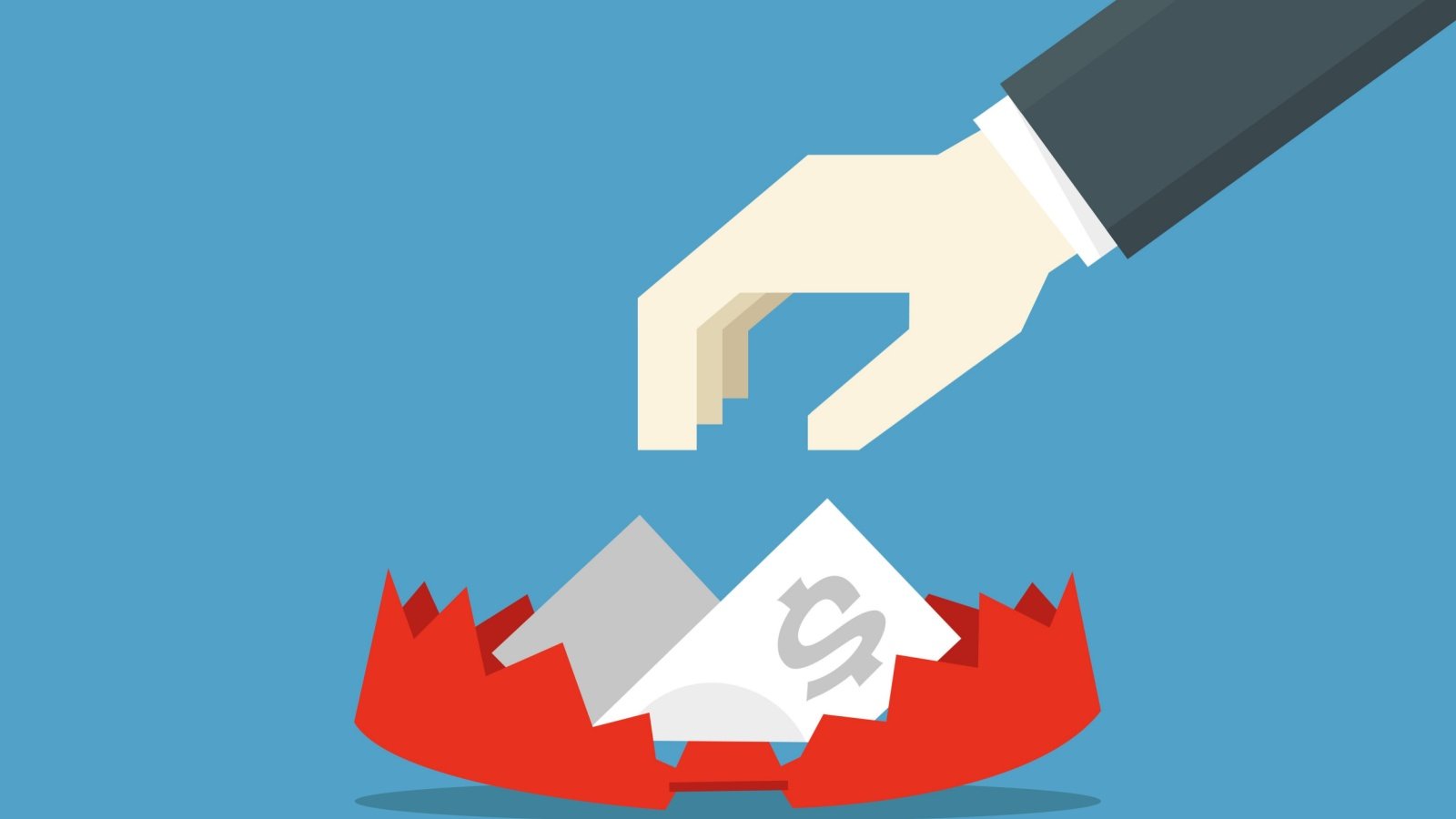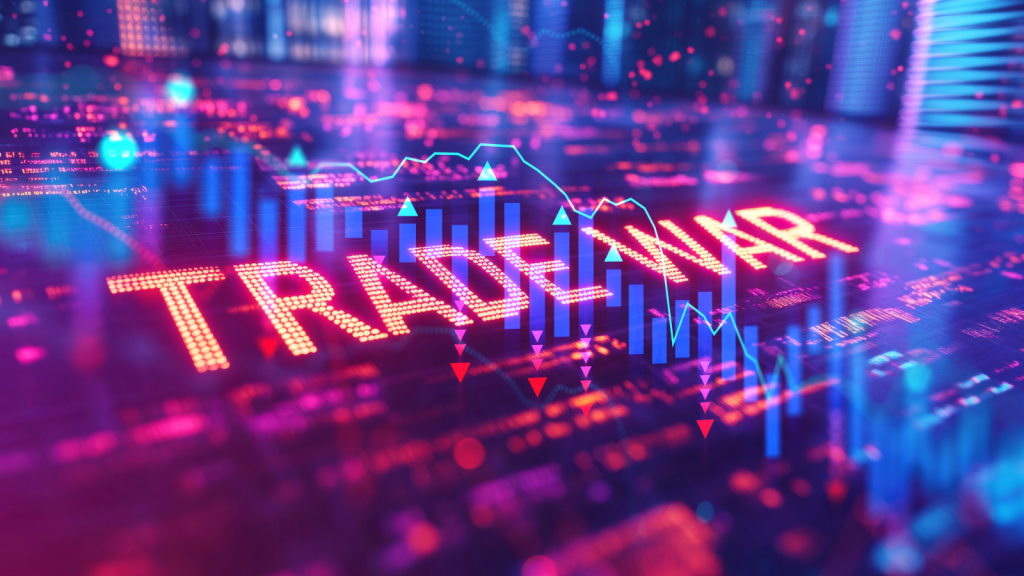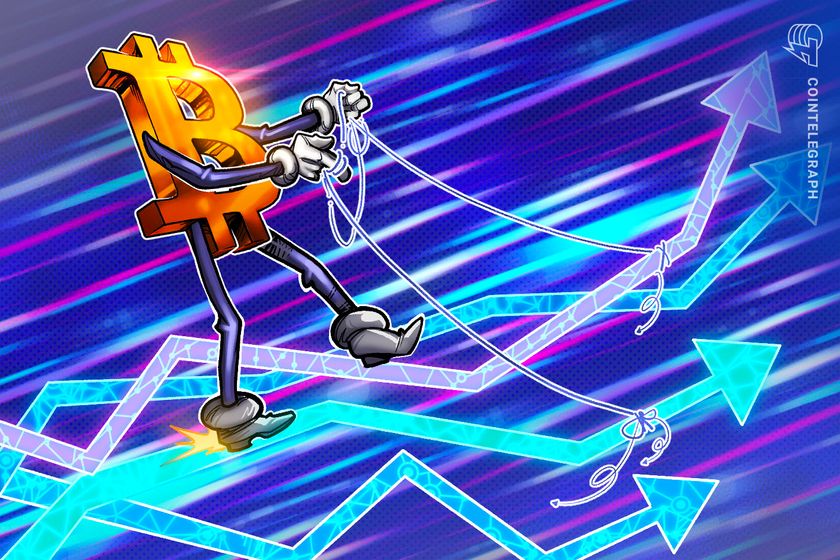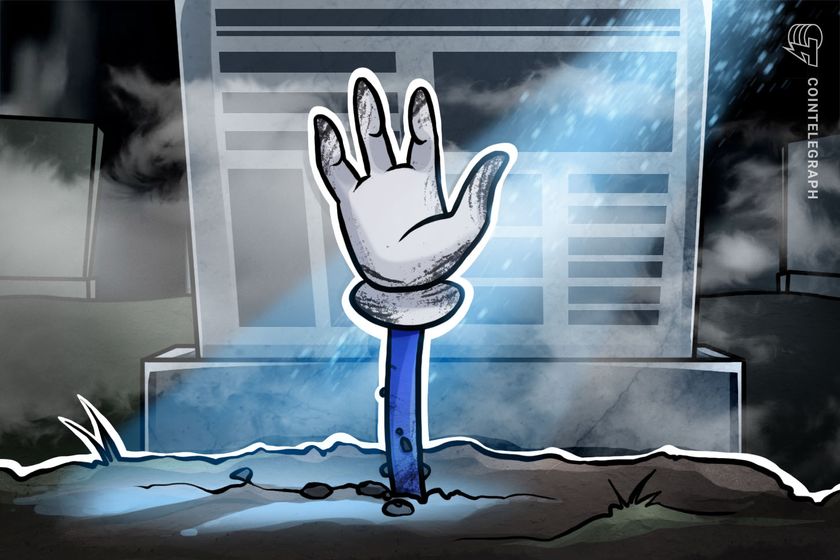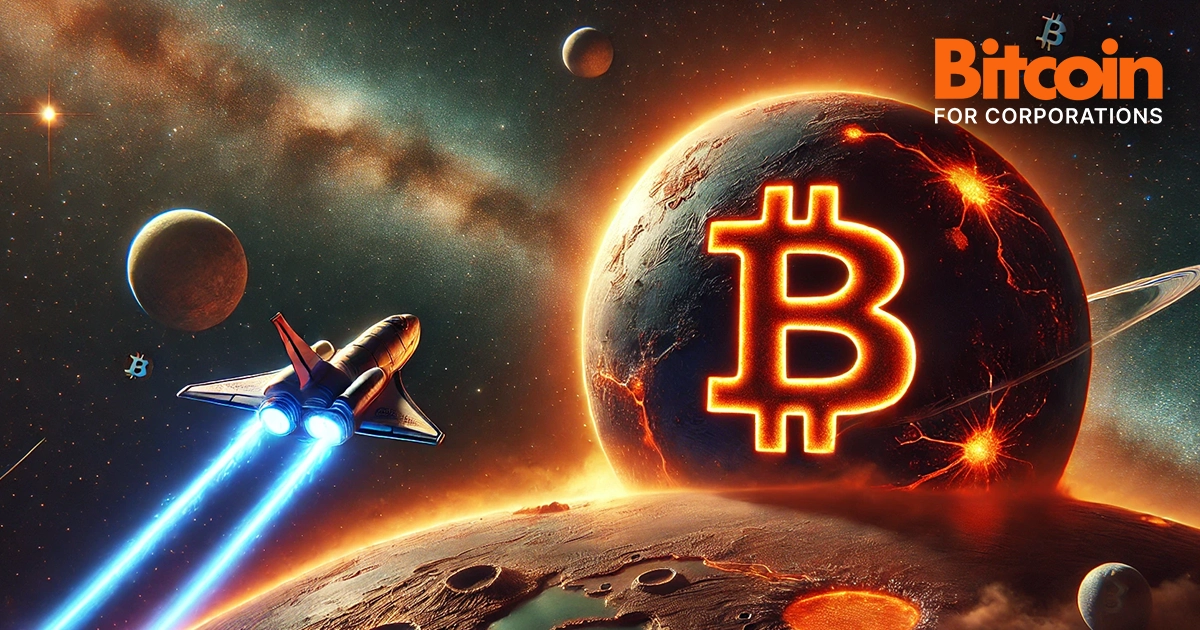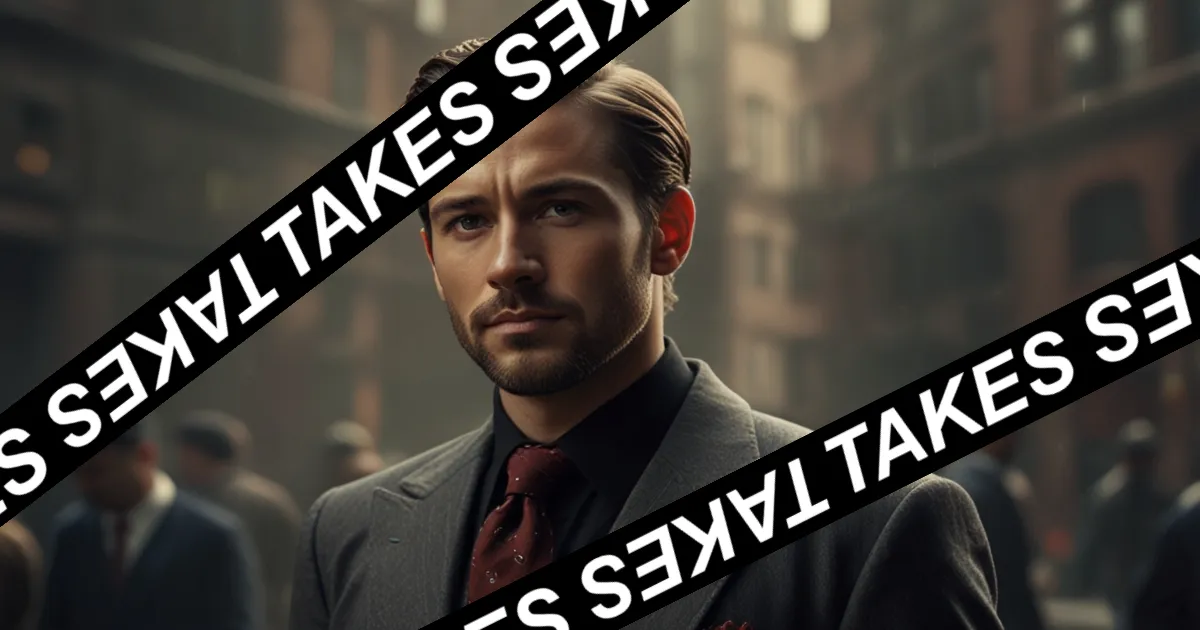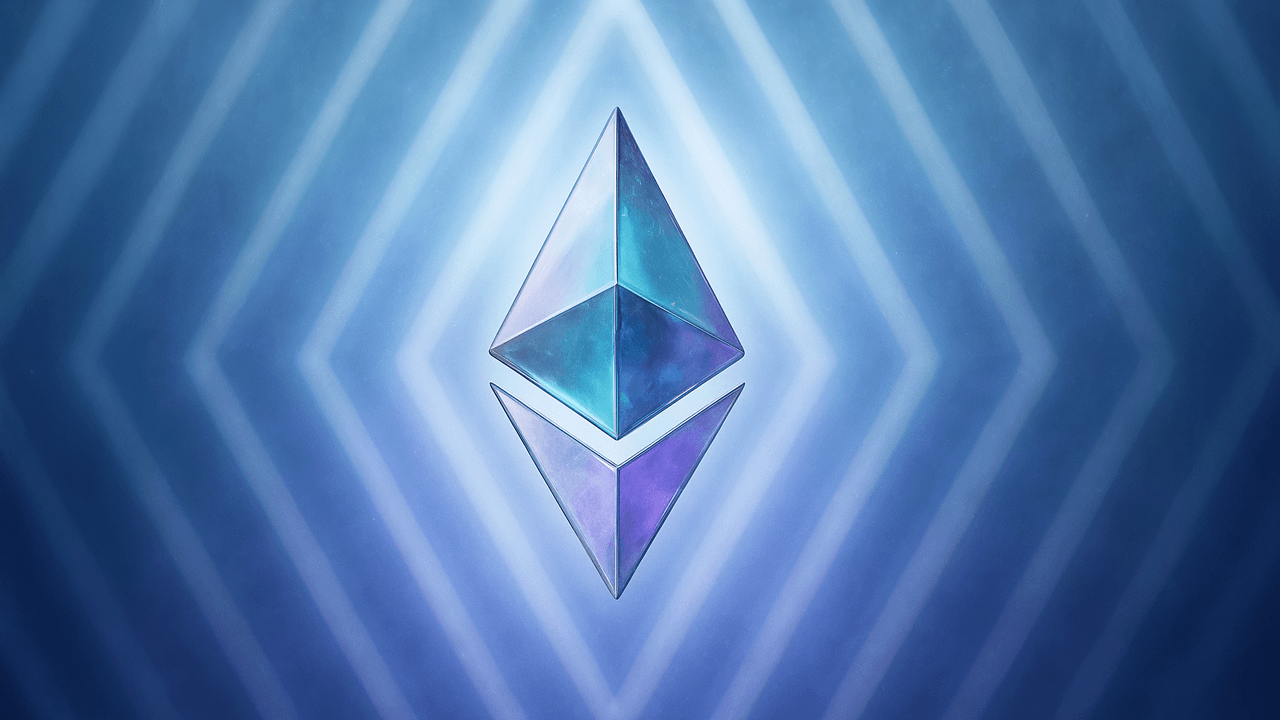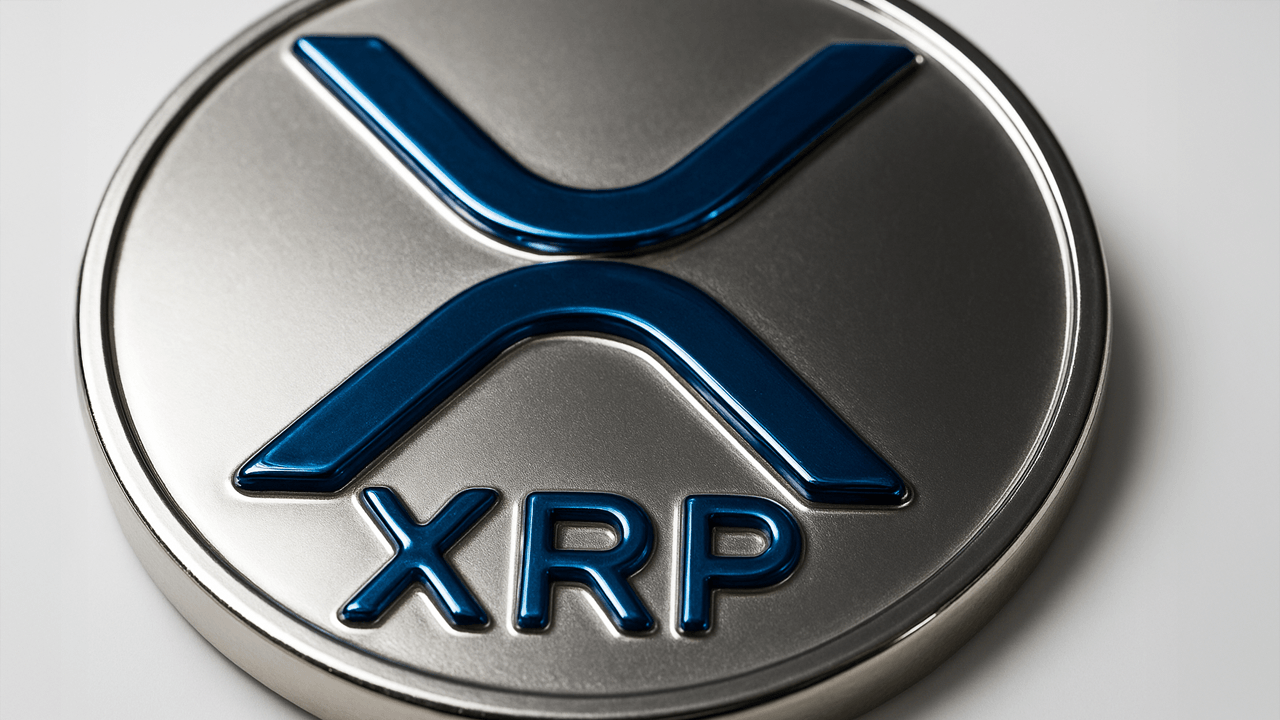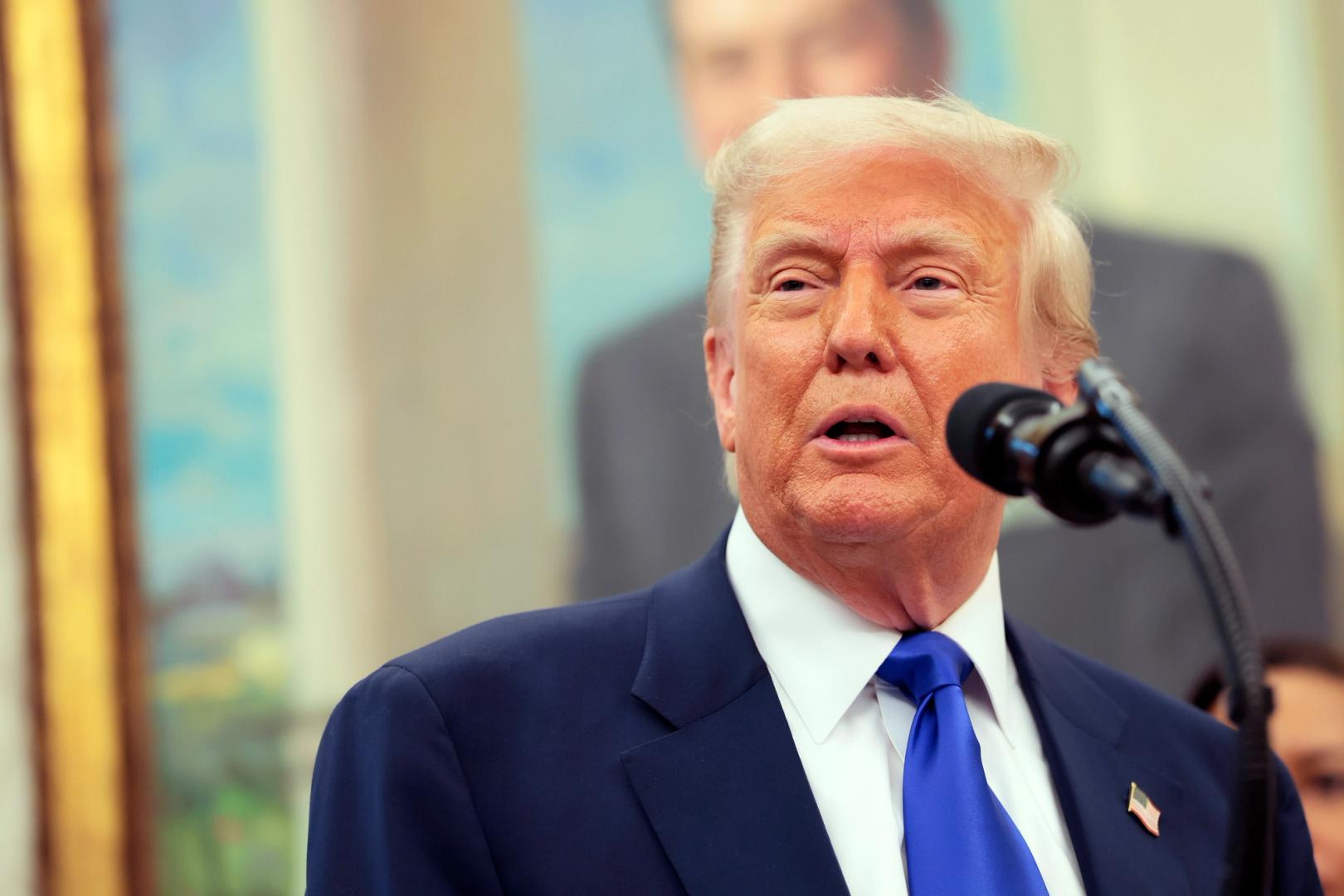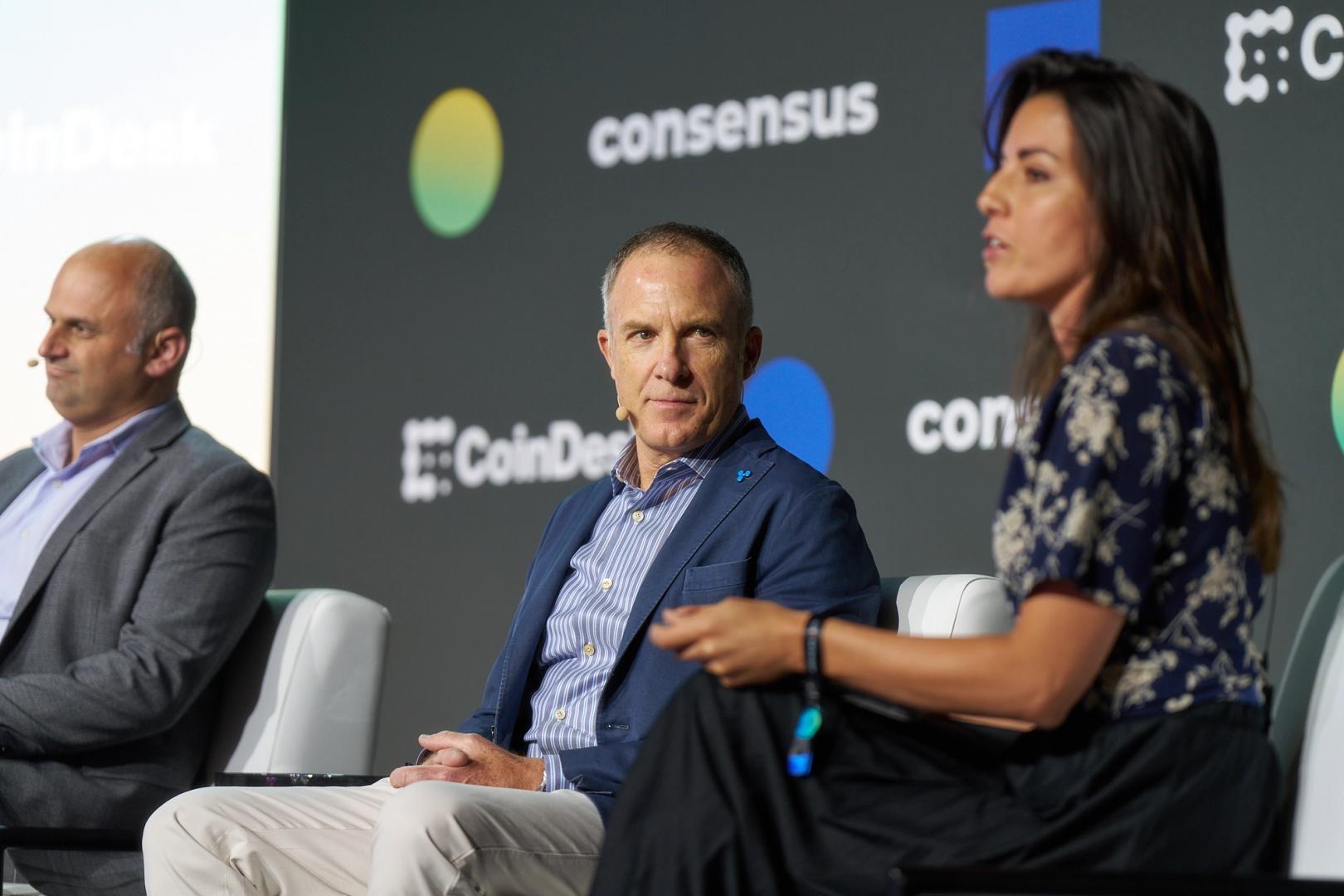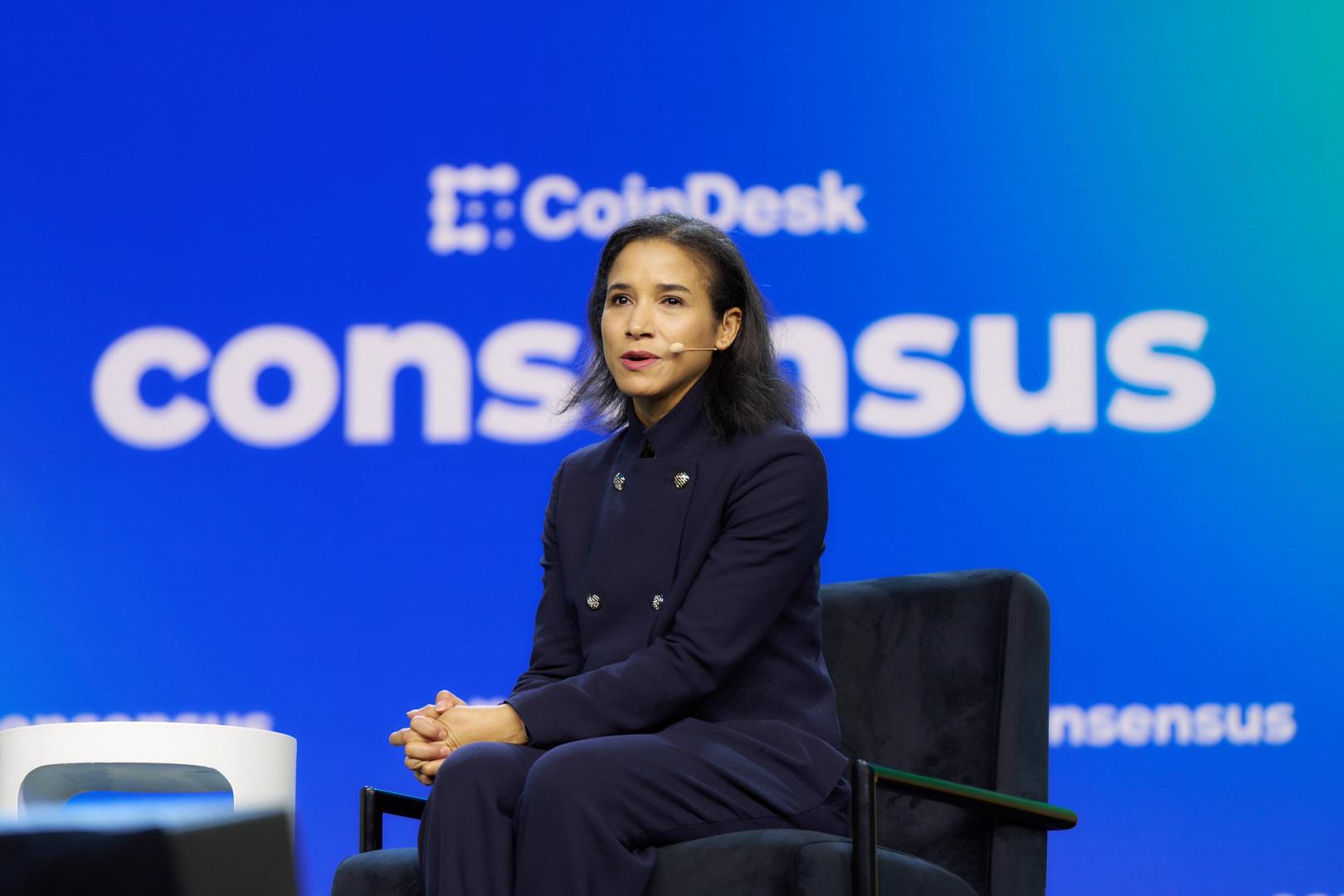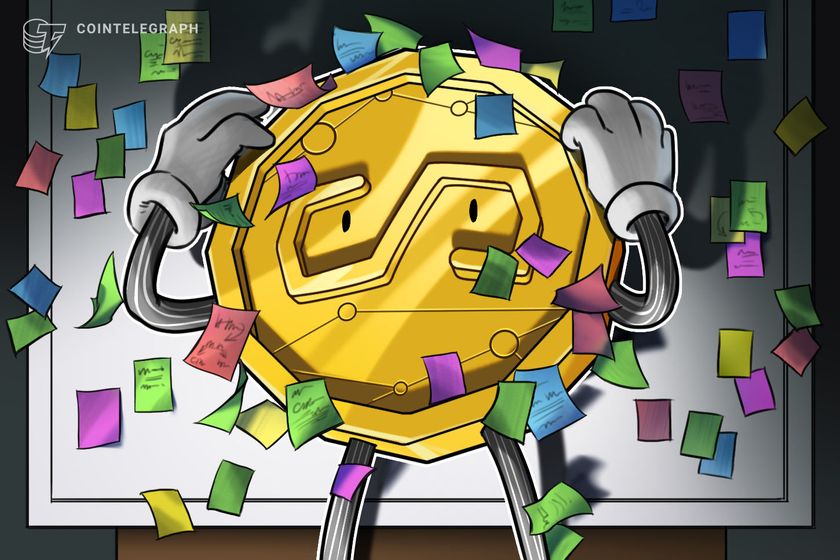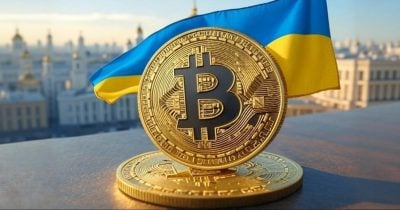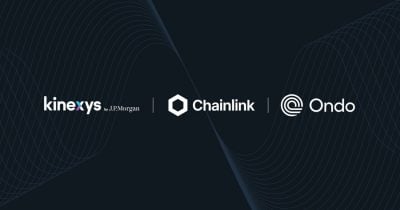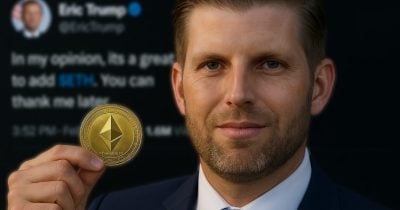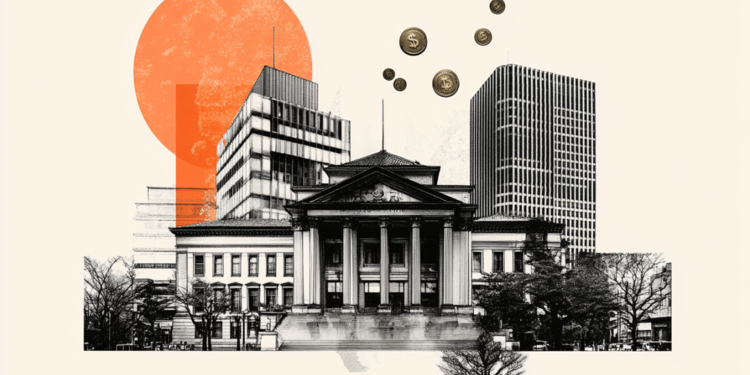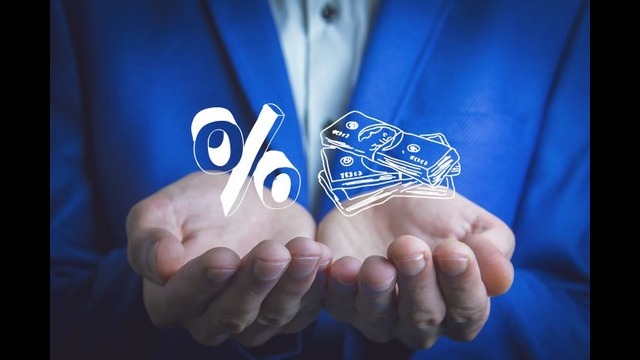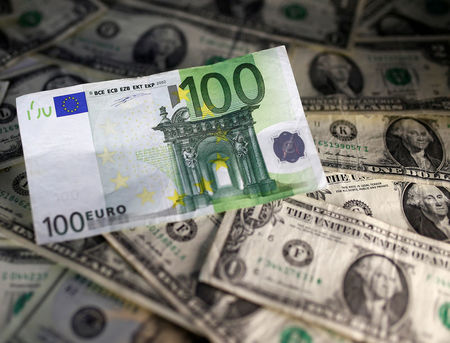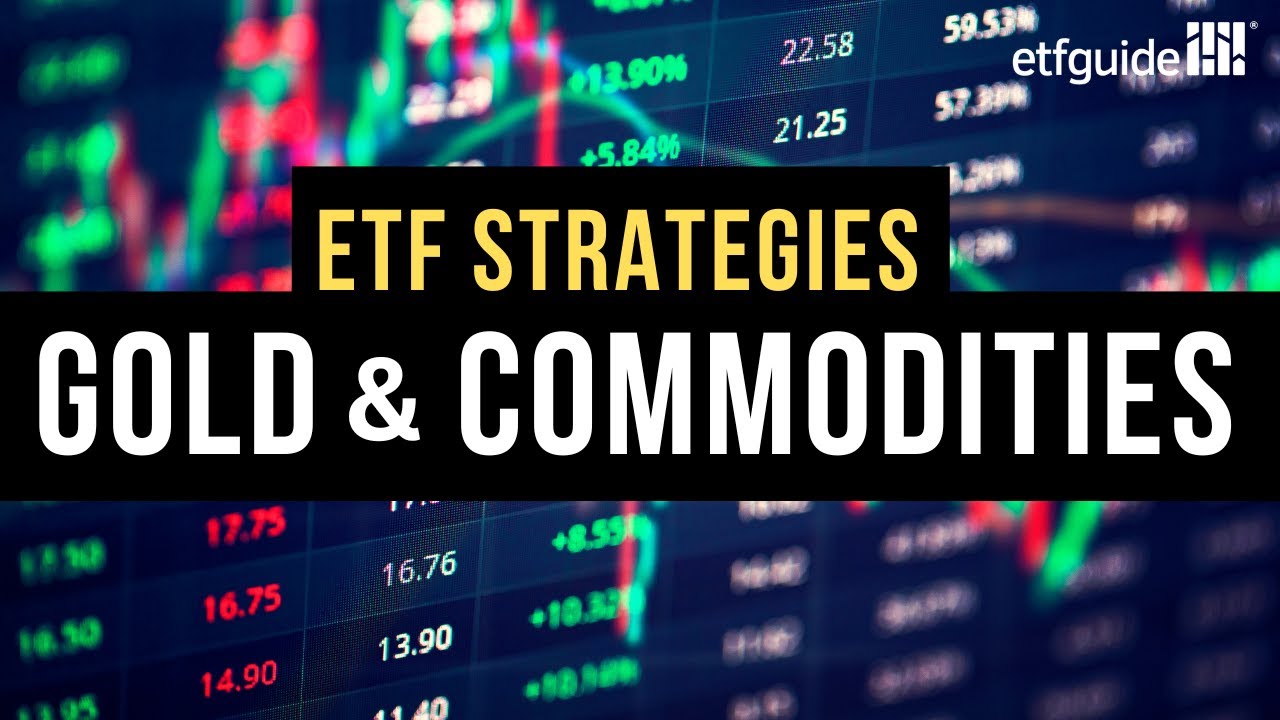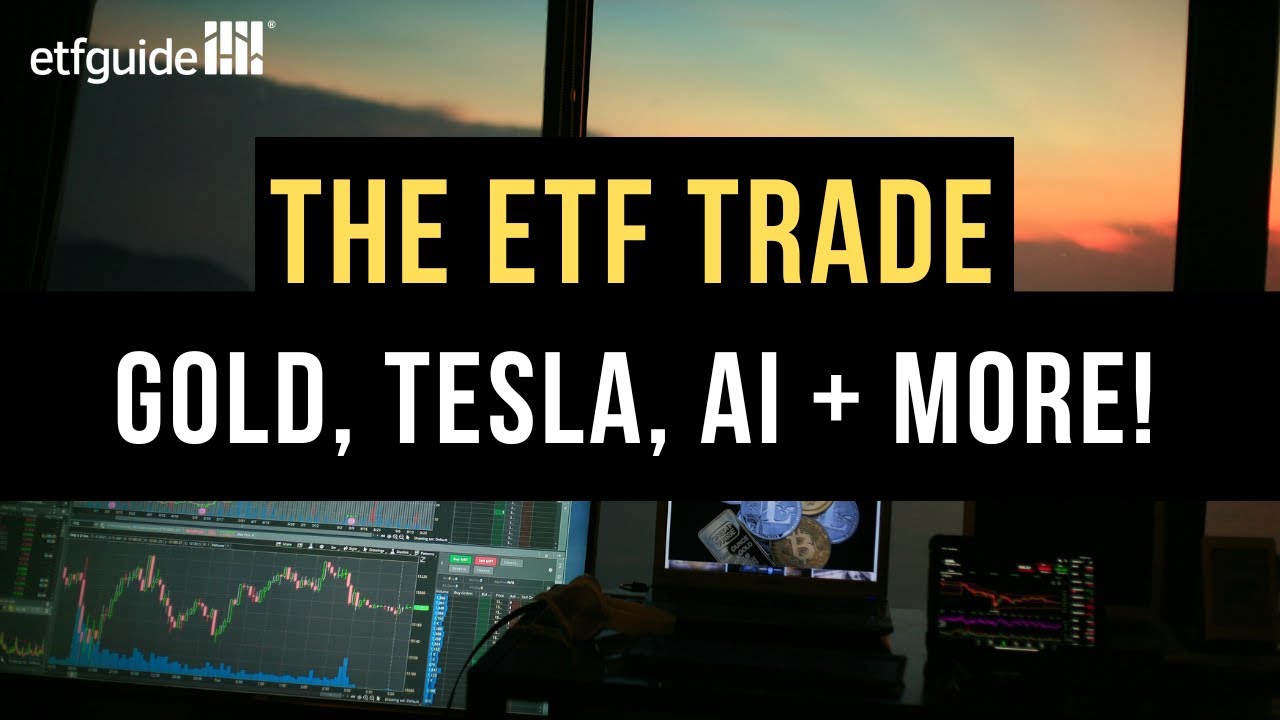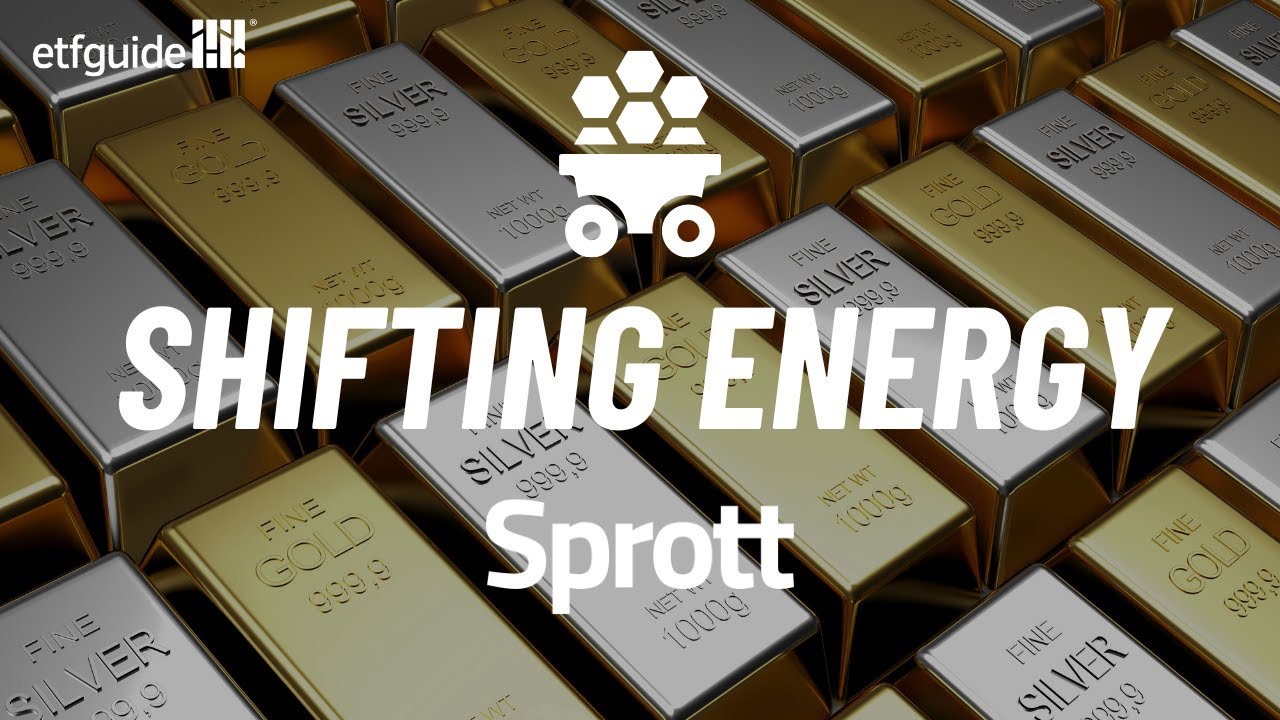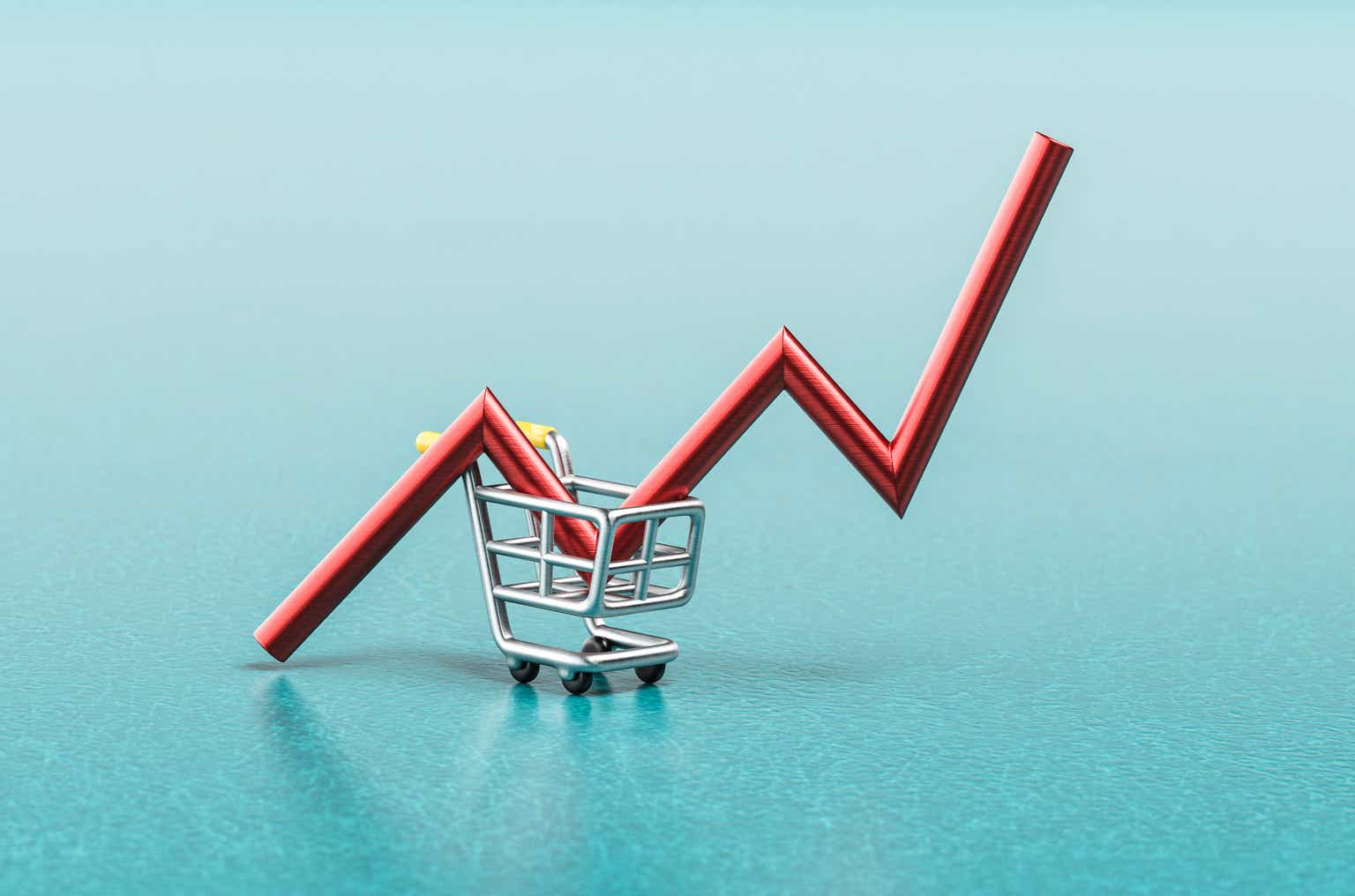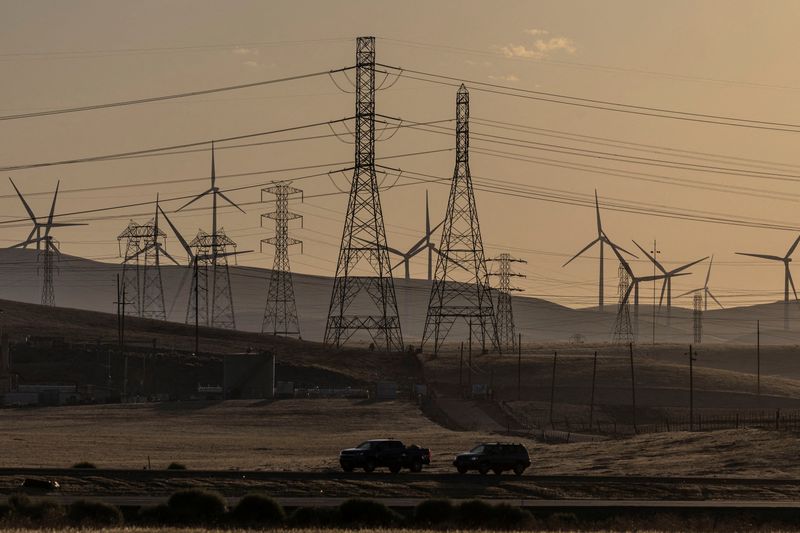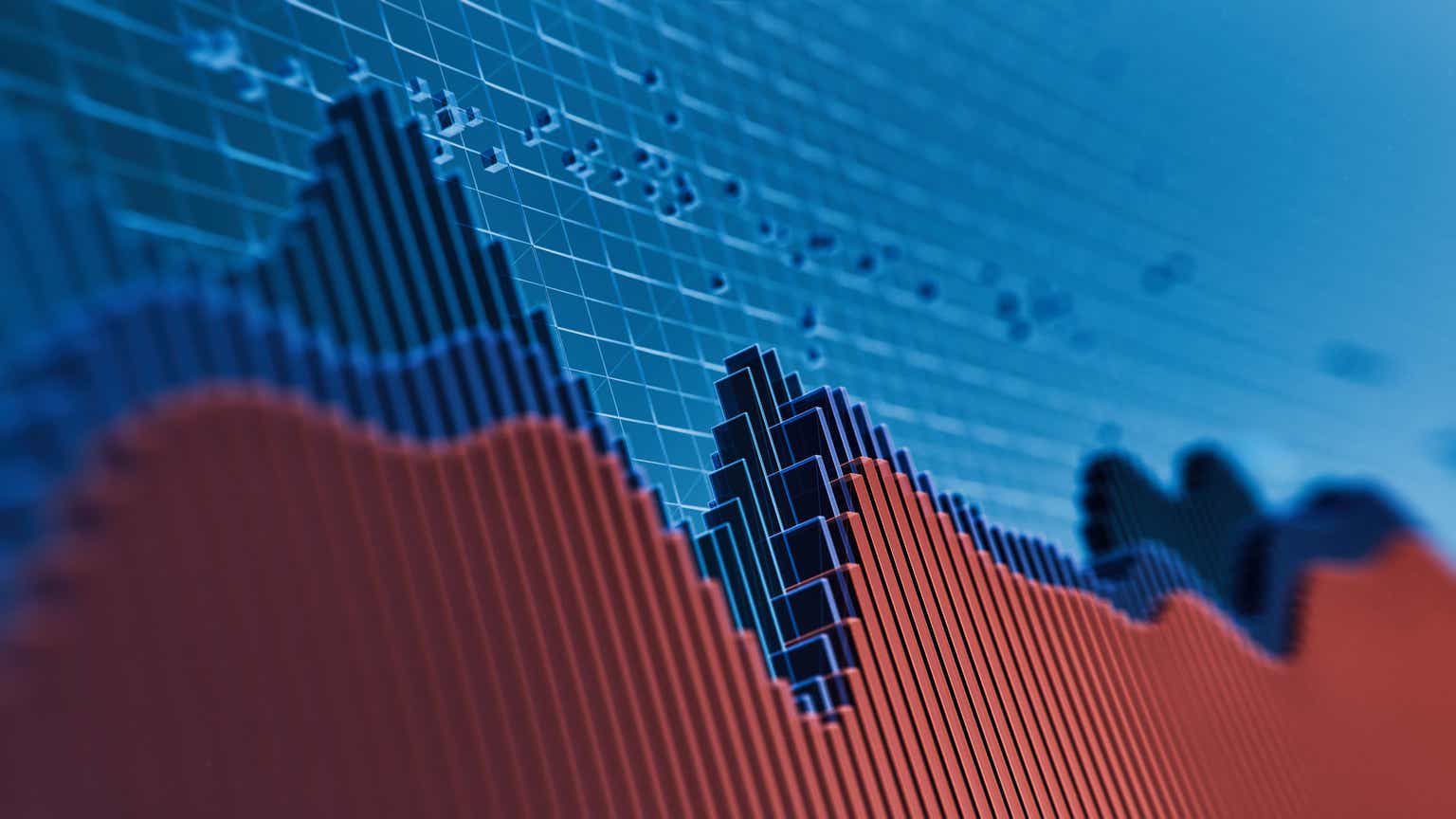Why Mastercard CEO Michael Miebach believes the future of payments is in the hands of consumers
"People want simplicity. They also want safety," Miebach told Fortune.

On this episode of Fortune’s Leadership Next podcast, cohosts Diane Brady, executive editorial director of the Fortune CEO Initiative and Fortune Live Media, and editorial director Kristin Stoller talk to Michael Miebach, CEO of Mastercard. They talk about the Miebach's experience living–and working–across different continents, why consumers will decide whether paying with your eyes or fingerprints will stick around, and the worst pitch he's ever given.
Listen to the episode or read the transcript below.
Michael Miebach: Everybody needs payments, but everybody needs payments in a very different fashion and form. Take Africa. None of my recipes, what this firm had ever done before, would work there. So we need a different model. The question was, how do you do this? Was this a key thing that the private sector and the public sector in these countries can agree on? It was financial inclusion.
Diane Brady: Hi, everyone. Welcome to Leadership Next, the podcast about the people…
Kristin Stoller: … and trends…
Brady: …that are shaping the future of business. I’m Diane Brady.
Stoller: And I’m Kristin Stoller.
Brady: Today, we are speaking with Michael Miebach, the CEO of Mastercard. Kristen, what is in your wallet?
Stoller: Yes, so I opened my wallet for this episode in anticipation to see how many Mastercards I own, because I own a...
Brady: ...the fact that you don't know is—let's pause for a second there. But go ahead.
Stoller: I own a lot of credit cards. I just love the perks. You know, I love the perks. I need to get them. But two of my cards are Mastercards. One is Target and one is Gap. So my retail cards are Mastercards. What about you?
Brady: Well, I'm very loyal to one Mastercard. So listeners, if you give me 60,000 free points, unlike Kristin, I will not be leaping to get a new card. I have two cards. I've got a Mastercard with my airline, and then I use a Visa card for a lot of my other purchases. And I'm motivated by loyalty, so that's what keeps me going.
Stoller: You’re loyalty. I'm perks. That's what we're gonna do.
Brady: Well, hopefully they're both. And one of the things about Mastercard, I've known this company for years. I used to interview Ajay Banga all the time.
Stoller: How did you know him?
Brady: I did big stories on him. I went to a Justin Bieber concert.
Stoller: Tell me about that.
Brady: Well, it was one of those ones for credit card holders, and that's where he wanted to be interviewed. So, you know, why not?
Stoller: What's the review? Did you like it? Did he like it?
Brady: I don't know. I went to a Justin Timberlake one too. So they're all, you know, they all blend together. But I do think that one of the things about Mastercard is they're very much into financial inclusion, cybersecurity...
Stoller: As someone who's been scammed by a credit card, not Mastercard, but that's so important, and I'm curious to see with the future of AI how they're going to do it.
Brady: Easier to do. Let's just say, the days when you said my voice is my password, that doesn't work anymore. And if you're curious about the economy, of course, they know how we're spending, how we're likely to spend, and so to get insights into how we're spending and where across different generations, this is a company that has a ton of data. He has an international background, a tech background, so there'll be lots to speak about with Michael.
Stoller: Yeah, and the future of where payments are going because I think these plastic cards are going to be so irrelevant. And what do you think?
Brady: I use my palm when I go to Whole Foods. And then, if you go to the Clippers Stadium in L.A., if you just look at a product, it tracks your retinal scan, and it will charge you.
Stoller: That's so scary.
Brady: You have to be careful about these things. And lots to talk about with him, not to answer for, but a little bit of the future, a little bit of what they're doing now, and of course, you know, to tell us more about consumers and what they're doing to protect us from ourselves.
Stoller: Yeah, all right, we'll be back with Michael after the break.
Brady: Generative AI has been a transformative force in the business landscape for the last 18 months. According to the latest Fortune Deloitte CEO survey, more than half of CEOs are experimenting with generative AI in their own daily activities and, of course, trying to spread it throughout their organizations. I’m joined by Jason Girzadas, the CEO of Deloitte U.S., which is the longtime sponsor of this podcast. Jason, good to see you.
Jason Girzadas: Hi, Diane. It’s great to be with you.
Brady: How are businesses integrating AI into their organizations? Where do you see the most substantial benefits?
Girzadas: I think it’s true, as you say, that every organization wants to capitalize on the benefits of AI, particularly generative AI. The benefits have been largely around efficiencies to date and looking for ways to automate routine tasks. The promise is there for more insight-driven use cases and innovation use cases. That’s the next stage. We’re seeing organizations looking to move from proofs of concept and pilots to see these technologies and models put in place in true operational uses at scale.
Brady: When you think about how much change there’s been in the last 18 months, really curious: How do you think it’s going to evolve in the next 18 months? 36 months?
Girzadas: I think we’re actually needing to change our timing horizon. By all indications, we’re more in six-month intervals. And I think that’s exciting, but also a challenge. Enterprises aren’t accustomed to working in that type of cadence and with that type of pace. And so the winners, if you will, will be those that can assimilate this technology that quickly, which I think is putting real strain on organizations’ ability to adapt that quickly. This is a perfect instance where leadership has to be in sync to assimilate technology that quickly. I think as a CEO, it’s important that we lead by example. So I’ve been through all the training. I’ve been through all the productivity tools that we have available within our organization. But then more broadly, we’ve embarked upon a significant investment to deploy this across all we do.
Brady: I'm feeling the urgency. Jason, thanks for joining us.
Girzadas: Well, thank you, Diane.
Brady: So Michael, thank you for joining us. You are just back from China, recently. So you've got 3.5 billion cards in circulation, I think about a billion of which are in Kristin's wallet.
Stoller: Yep, I have a lot of different cards.
Miebach: Different Mastercards?
Stoller: Different Mastercards and different cards in general. Don't judge me too hard.
Brady: Give her a couple of points, she'll sign up for some new ones. But let me ask you—give us a sense of the global spending landscape, because I can't think of any company that has more data on how we're buying. Any surprises, anything you're keeping an eye on that we should too?
Miebach: Yeah, so we do have special lines on the global economy. So you know, if you think about what we do, we're kind of like the operating system of the digital economy. We have total global reach. We're literally everywhere, 211 countries and territories. So we have a good understanding of consumer spend and business spend as well. If I just take the last year, the last two years, you know, coming out of COVID, and what happened at the time. Well, at the beginning of COVID, we were all confined in our houses, and anything experience-related stopped because you couldn't go anywhere. So what did people spend money on? Do-it-yourself stuff, for example, furniture and so forth. So spending completely shifted into one category. So we're coming out of COVID, and I haven't seen my family, I haven't seen my friends, I haven't gone anywhere, I haven't seen a show, I haven't gone to my favorite sporting events, et cetera. So you see this rise of the experience economy, and we've seen this in the last two summers, in particular, ’24 and ’23 where people just want to explore the world again. That's globally, so that's a common trend, and that has not subsided yet. People are still really into experiences. MasterCard is synonymous with pricelessness. So we're in travel we’re a, you know, big sponsor on various types of passions.
Stoller: New York Restaurant Week.
Miebach: For sure, there you go, and we see it there. So that continues. I think what's also true is that, if you look at the economic landscape over the last two years—higher prices, higher interest rates, and so forth. So the consumer adjusted to that, because that was the reality. So people didn't really spend less. They made decisions on toggling between their discretionary expenses and their nondiscretionary expenses, depending on what your income situation is. You just juggled.
Brady: Food versus experience. It's usually both.
Stoller: Do you see any differences generationally, though, like Gen Z versus Gen X? Any changes there?
Miebach: So that's—our lens on the economy is more in categories of spending. So it's important to know we don't have personal data. So all those Mastercards in your pocket, Kristin, we don't quite know [that they are yours]. But there are certain card programs or banks, for example, or merchants that cater to different types of customers. Of course, we can have a sense of that, but broadly speaking, experiences matter. You adjust to your income. There's an empowered consumer out there, because in the digital economy, there's a lot of opportunity for you to have the best offer. Look after how you can use your points to save some money on the next trip, et cetera. So all of those data points we can see, and we get a good sense of that. Around the world, governments come to us and say, Please help us understand if our economic policy works or not. For example, we want to support small businesses. How is small business doing in this city versus another city?
Brady: Or financial inclusion.
Miebach: Or financial inclusion.
Brady: You're also a technologist, and I have to say, I personally like going to the store, waving my palm, and that's it. I've paid. It feels like I kind of got away with something. What is the future there with regard to retinal scans, biometrics? I mean, it all does track back to your Mastercard or Visa or anything else, so it's not bad for you. But are you seeing a big shift, or are we reticent to make our bodies our payment mechanism?
Miebach: So what are consumers looking for? You're a typical consumer in many ways. People want simplicity. People want simplicity. They also want safety. So, yeah, I can't worry that, you know, I'm making this payment and suddenly I see fraudulent transactions on my account. Can't have that. So it's got to be safe. There used to be a time, you know, only five years back, where there was a trade off to be made between safety and simplicity. So it just got so safe that it was very clunky. There were also situations that were not safe at all. Remember a time where you were typing 16-digit numbers into some browser somewhere, and that’s just not a good thing, because you are just exposing your account details somewhere on a website. Where we are we're getting to the world that you are describing. It's not the future. It is increasingly so the reality where you are the password, yourself, with your biometric features. That needs a lot of technology in the background. So it is as easy as opening your phone, which recognizes you and that's it, but you can only do it on your phone. Why can't you do it on your Mac right there, but you can. So we are there actually, it now needs to scale. The technology has been put out, and we're a leader in [unintelligible] those, you know, putting out those standards and now scaling it up.
Stoller: So how far away are we from a future in which there are no plastic cards?
Miebach: You know, in the end, that comes down to what individual consumer choices are. So the tap experience is very simple, depending on what kind of phone you have, that might be simpler than having a complicated phone where you need to unlock something and so forth and do that. But today, you know, the one thing we can say—contactless payments in a physical environment, not on a website, 70% is some form of tapping. Either your phone or a piece of plastic, or whatever it might be.
Brady: Yeah, you want the physical act of acknowledging a purchase, because there are places where you can just look at an object, and if you look too long, you've bought it. So you don't want that, you don't want that.
Miebach: I have not seen that. But it wouldn't happen with a Mastercard, because it does need your acknowledgement. I can tell you that.
Brady: We shall see.
Stoller: Where is Mastercard, though, in the long game of that. Where do you, what do you—what is the tech you have right now that is like that, and where do you want to see it go?
Miebach: So we have created a tokenization standard, which takes, for example, your biometrics, and basically puts it into a safe. And the safe has all your real data, your biometrics. And for every single transaction, you get a piece of information out of the safe, you gobble it up for one time use, and then only use it once. That is now prevalent technology that we have invented, and we're putting it out there for the greater use of the industry. And we have made a commitment that by 2030 there is no more keying in of any kind of account number. It will all be tokenization. It's actually a mandate that we're putting out for anybody who wants to work with Mastercard. So that time is there. The time of the end of plastic is a different story. But the use of tokenization and having no clear data out that could put your personal data at risk? We see the end of that.
Brady: It's funny that we find facial recognition creepy, but we really lean into some of these biometric payments, and I do think tokenization is powerful. I want to talk a little bit about you, because people may have noticed your accent. You're from Germany. You came here, didn't you come here basically as an exchange student, initially?
Miebach: I did, 1984.
Brady: Wow, my grandfather came from Germany. He's an immigrant too.
Miebach: There you go. The great town of Big Rapids, Michigan.
Brady: And give us a little bit of a sense of what made you decide to, of all the places, that's where you wanted to go?
Miebach: So at that time, I was 14, so I didn't really make any grand decisions. My dad came to me, who was an exchange student before, and said, I really loved that time, and it gave me a different perspective of the world. Would you like to do this? And he had told me stories about that. I met his host family. He might have went to Wisconsin. So I said, yeah, I'm in. And, you know, imagine you grow up in Germany, middle-class family, nothing exciting. Everything works very well, and suddenly you end up in the Lower Peninsula. And, yeah, with a family that never had an exchange student before, and made this courageous decision to just take somebody in. You don't get paid for that. So for them, this was actually financially a little bit difficult. They had no passports. They didn't travel the world or anything. We traveled a lot as a family—entirely different context for me.
Brady: Sounds like a reality show.
Miebach: I went to play American football. What a weird sport.
Stoller: It's bizarre. I played it too.
Miebach: If you grow up with soccer, football as we say.
Stoller: Yeah, I grew up with soccer.
Miebach: It's just such a different context. And I don't think we would be sitting here today if I hadn't gone through that. So it all developed a big love for the United States as well. So, well, we've now built a life, and we are here in New York as a family since 2016 and it started with all of that, and fortunately, we're still in contact with my host family as well.
Brady: Hopefully they've traveled since then.
Miebach: Yeah, we took them to Germany.
Stoller: Where did the love of banking come in then?
Miebach: Um, well, it relates to the first job for Citigroup, and the reason I took that job was simply [because] my wife graduated the year before me, took a job in Frankfurt, Germany, which happens to be the banking headquarters of Germany. So I said, “How do I find a job in Frankfurt to be close to my future wife?" And you apply at a bank. So it was no particular career planning or anything like that, but years in banking and financial services, prevalent in all of these different banks around the world is payments. And then the opportunity came to join Mastercard and payments, as I'm finding, is everywhere, everywhere around the world, in our digital lives. It's very central. It's a fascinating activity. I might be slightly biased, but no, I have found it's very fascinating.
Brady: You know, one of the things also about your background, I'd be remiss not to mention how global it is. You know, with EMEA. Obviously, we just mentioned the upstart that you've traveled, give me some sense of the importance of that, because I think that we're in a period right now where we're very focused on sort of nationalism, you know, not to get political, but I'd love to get your perspective, having worked in different countries, how that makes you a better leader now of a global company.
Miebach: Yeah, so we are as global as they come. So we're an American icon company, but we are truly a global company everywhere. So the context is different. Everybody needs payments, but everybody needs payments in a very different fashion and form. Take Africa. So I was involved in the African continent. Lived there, worked there, overall about 10 years and nothing out of the blueprint of how payments were 10 years ago in the U.S. would ever work in Africa. There is no infrastructure for that. There's no consumer appetite for the kind of solutions that we have developed here. So everything had to be from the ground up. And the question was, how do you digitize and get people involved into a more digital economy that the governments wanted to build in a way that is a brand-new model? Because there is no infrastructure. So how do you do this? What is the one thing that everybody has? A phone. But it's not an Apple, it's not an iPhone, right? It's a feature phone, yeah, it's a brick. And then how do you do that? Well, you create digital wallets that can live on this very simple technology. M-PESA, indeed, was a pioneer, but a pioneer in one country. So we took the learnings from the one country, what worked and what are some of the differences across? Because even Africa isn't the same. Of course, South Africa is highly different than some of the Central African countries. So you zoom out and say, Well, none of my recipes, what this firm had ever done before, would work there. So we need a different model. The question was, how do you do this? What was the key thing that the private sector and the public sector in these countries can agree on? It was financial inclusion. We need to pull everybody in so this economy can actually grow. Well, how do you do that? So these countries have all grown rapidly, digitized, much faster than the West in a much shorter period of time. Now, [unintelligible] pulled in over 350 million people in the last couple of years. With financial inclusion technology, we've been the private sector leader in this space, and it's a big driver of our business. And this whole different context, logic. We just needed to reinvent it. There was nothing that worked before for us that we could use. So this is a whole different set of systems, which we are exporting, actually, from Africa.
Brady: Do you still speak with Ajay Banga, your predecessor, now the World Bank [president], that could be your next career move. But I'm just, I'm fascinated, because I've spoken to him over the years, and just curious, you know, about the degree to which...
Miebach: So we worked together for over 20 years. So we had a succession in 2020, and he's been an outstanding leader, no question, took this company from an association to a commercially viable, very successful company, and then I took over, and then COVID happened within weeks, and we had a transition period. So it was fortunate that I had my mentor there with me, because we were two of the five people that went to the office every single day during COVID. So we spoke a lot during that transition. Of course, now he holds the whole world in his hand, literally in his job. So that's a very different type of role. And of course, he's very busy. But 20 years don't go away. Yes, we do talk.
Stoller: What's the best advice he's ever given you?
Miebach: He said to me, don't take that job in Asia. That was the advice. At that time, after I think, five, six years and a role in the Middle East, I wanted to go and explore Asia. And he said to me, great idea, but not. Don't take the job in Asia, because you should go to the head office. That's where, you know, it's a very different dimension of our company world experience. If you do the same thing that you did in the Middle East in Asia, why? He actually used much stronger words on what he thought about the idea.
Brady: Maybe the word "no," perhaps. I think "no" is a very powerful word when you're the CEO.
Miebach: Exactly. So it was very clear advice, very helpful. So maybe yet again, we wouldn't be sitting here without that.
Stoller: And I want to go back to Africa for a second, because Diane and I heard that you made the worst business pitch of your life at the time when you were trying to build out Mastercard.
Brady: This is news to me, do tell.
Stoller: Yeah, because, and I want to hear the story, because we don't just talk about successes here. We also talk about learning from failures too. So tell us about that.
Miebach: Well, in hindsight, it turned out to be not such a bad thing, but I'll tell you the story. So, it comes right back to this whole nothing worked that we knew in Africa, where they reinvented. And the model was a very bad model. It was the financial inclusion model. So it was a terrible business case. Ten years out, it was unclear where it would financially go. But strategically, every tick mark that you could come up with, right? You know, it's good for the people, it's good for the companies and all of this.
Brady: This means what? Getting people into bank accounts, like taking the unbanked?
Miebach: Yes, serving the unbanked. But the broader economies in these markets, they were just generally underserved. So we needed a model that didn't exist and put [at] the bottom of the pyramid some basic services, small business, some basic services. Governments help them digitize the whole stack. And we had purpose-built solutions that made capital investments, building infrastructure and so forth. So we're in this board meeting, 2011. Boardroom in London, and we made the pitch. I was with a colleague from Nigeria, our first employee in Nigeria, two of us pitching this thing. We chose to play Shakira's "It's Time for Africa" at the end of the pitch, which, you know, not everybody's choice, possibly, in a board meeting.
Stoller: Was that the worst decision, or was it the...
Miebach: No, that was, it kind of got to the point that the vice chair of the board stood up and was a little bit moving towards the Shakira rhythm and said this is the worst pitch I've ever seen.
Stoller: While dancing, he said that? I've never got a rejection while someone danced.
Miebach: Here's the punch line on the whole thing. This is the worst pitch I've ever seen, and we have to do this.
Brady: Okay, that's not a failure by my definition. Tell me a little more about what was the worst aspect that they didn't want to do it because...
Miebach: ... it was just terrible financials…
Brady: …ah I see, so you had to invest to grow.
Miebach: It was terrible financials, but just there was high strategic conviction, and in a company that had a lot of short-term backs with very short-term initiatives, with very high financial confidence, you start to build a set of profile of initiatives. This was the furthest out, but we felt we could afford it, for it to come together. So we'll take the risk. We'll see if it goes right or wrong. It's not been done before. A few years later, on the basis of the first couple of years of progress around this, we made a commitment as a private sector company, together with the World Bank Group, actually, that we are going to pull half a billion people into the formal financial economy around the world, which is the number one private sector leader in financial inclusion. And in 2020, we topped it up to 1 billion, which we will reach at the end of this year. So it all goes back to what was called the worst business case...
Stoller: …and Shakira...
Miebach: …and Shakira, but we had to learn on the spot. This was something that the company—the company wasn't used to that. But this—you start to iterate and build new businesses. If you look at what’s happening in payment today, tokenization, we talked about it earlier, that's pretty close to the current ecosystem. But think about stablecoins. Think about crypto and blockchain that could completely reinvent world payments—the way that payments work today.
Brady: In a way that disrupts you or helps you, or both?
Miebach: Depending on how far out we're thinking, and is there a repeat from this Africa experience? We say, how would we reimagine an ecosystem that uses entirely different technology? I mean, blockchain is all about trust-building between parties that don't know each other. That's what we have been doing forever.
Brady: You know when you toss around figures, and rightly so, $1 billion, $3.5 billion, $500,000, it does get to the point that there's a ubiquity to you and to Visa and other major players. Who do you see as your actual competition? I mean, obviously there's the other big guys, but besides that?
Miebach: So, you know, the payment space today is attractive because the digital economy is increasingly becoming the economy. It's powered by payments, largely as a kind of an operating system of the digital economy. So a lot of people find it interesting. And hence the competitive landscape is wide and varied. And it's not only companies, the private sector that's interested. It's a lot of governments. So think India, you know, the story of India on the India textile, they, you know, they built this out. So today, our competitive landscape includes the private sector, a lot of new banks, you know, fintech startups, the whole stablecoin community, blockchain community. They want to do their own thing. Some more established payment networks. There's, you mentioned one. There's a few other smaller ones around the world. So that is the landscape everybody's trying to find out their particular differentiated proposition and niche in that. I forgot to mention all the digital wallets, Apple Pay, for example, PayPal and so forth. It's a broad ecosystem.
Brady: But you're foundational still to a lot of those models. If you have Apple Pay...
Miebach: ...that's exactly the position...
Brady: ...you have Apple Pay to your MasterCard.
Stoller: Same with Square, same with Stripe. How do you coexist with them?
Miebach: You become—you strike a partnership where you make very clear we’re your partner, and be very straightforward about that. We have a whole range of services that enable their payment solutions. At the same time they use a lot of our payment solutions, vice versa. And then you take it from there. That's net a win-win. There are clear areas where we compete and others where we're not. I think the problem is, if you're not clear about it, then you get into trust issues, and that's for a larger ecosystem partnership a little difficult. I think we've sorted it out very well. We believe, generally, that we don't have all of the answers. We have the most global reach, but we don't have all of the endpoint solutions. So come on in and innovate on top of our network. And that invitation, particularly a lot of fintechs, is surprising to them. They say, why would you do that? Do I trust you? And I say, Well, let's talk about this very openly. Here's what you do. That's what people do. We don't really want to do what you do, and here's the reason why. So today, we have, I think, between 70 and 80% share of all the fintechs and neobanks who partner with us versus other choices they might have.
Brady: So let me ask about spending, in that one of the things we track when an economy, the health of an economy, is also credit card default, the amount of debt that people take on. Of course, when you take on debt with a credit card, that can become a huge amount of debt, and it's something that I know has been addressed and talked about, certainly since the last financial crisis. What are you seeing, and how do you think about that? Because there is that social responsibility, too, to protect us from ourselves to some extent, right?
Miebach: So, in the digital economy, I think we need savvy users, and there's a whole host of aspects around that. One is safety and security. That's a lot of what we engage with, because we can help educate with our partners here. Don't do this. This could be a scam. This is how you look for phishing. This is what fraud would look like. Don't do these things. When it comes to responsible borrowing/lending, that's not what we do. Because we're not a bank. We're the largest fintech that's around. So that is what our banking partners do. So a bank that uses our services to make their payments flow, they make a decision to say, well, I'm going to give you this credit, yes or no. Where we can, where we get involved in facilitating credit, is by giving our banking customers the choice to put a payment tool into the hand of a consumer you, for example, and you know, it's, let's say it's a Mastercard that exists on your phone or a physical [card] and you could decide, on the spot, will I do a debit transaction that just goes against my account balance? Or will I take a credit decision? So we give you flexibility and choice in a very simple fashion, but your bank, you and your bank will have a relationship to say, well, here's your credit limit, and this is what it means. So we don't get involved in that. We have a much bigger role to play in safety and security to ensure it is a savvy consumer out there, because that's what those are the services that we provide.
Stoller: Well, that's what I want to ask, too, as someone who has been victim of a very tiny credit card scam where someone just stole my identity and went to, I think it was Applebee's on Long Island, but very tiny. I was like, at least treat yourself, but how are you using AI then in terms of security and also in other innovations?
Miebach: So we have 150 billion transactions through our network every year. So the only way to ensure that Kristin's transaction goes through, if it should, and it doesn't go through if it should not, is AI. So for the better part of 10 years, we have been investing heavily in AI. But this is traditional machine learning, so what it does is it recognizes patterns that are out of the ordinary. So you say, Kristen always does this. She never goes to Applebee's in Long Island.
Stoller: Nope.
Miebach: She would not. Okay, this is probably a wrong transaction, so flag. That signal goes to your bank that then can decide to shut that transaction down. That is a lot of AIs, a lot of complexity. We do this globally, 150 billion times.
Brady: And yet the fraud becomes more sophisticated too.
Miebach: Yes, so—more and more of our lives goes online. More and more hackers find different ways to kind of break into these security systems. So everybody's arming up. So gen AI comes along. So we go and we arm up with gen AI, so do the hackers. So what we do on gen AI, the next big thing, is to predict what is the next most likely fraudulent transaction. You don't identify it when it happens, you actually predict it. Why is that so important? You can go to a bank and we can say to...
Brady: ...It's like Minority Report, in a way...
Miebach: Yes, okay.
Brady: Well, in a good way.
Miebach: So you go and say to a, let's say a large merchant or a bank, and say, here's the fraud signals, this set of transactions are most likely the next [fraudulent] transactions. So you're going to up your defenses. Very targeted in that fashion, very cost-efficient for the bank. A lot more targeted. Works for them. Works for the consumer, because now we have put in more data points from the dark web, from wherever out there, where the hackers are. Because we have this information, we distill it and say, This is the next most likely target. That is what gen AI can do, what we couldn't do three years ago. So we invested $7 billion in the last seven years to up our defenses for the industry. That also implies our own defenses. Obviously, we got to keep our own house in order, but it's a constant battle out there. More technology will be used by the good guys, i.e. us, and by the bad guys, and it's our role to protect our customers and the cardholders, which would be you and Applebee's, should not happen.
Stoller: I know, thank you.
Brady: So you track what's going on the dark web. You know, we always hear that term, "the dark web," and of course, all sorts of things emerge from it. But what are you seeing right now in terms of some of the sophisticated fraud? I mean, obviously we've seen cases where there's Zoom calls and people are, you know, convinced to send money to a fake CEO who's not there...
Stoller: ...and fake voices too....
Brady: ...anything that, since you are also on the front lines of technology, yourself as a leader, what are you seeing that's starting to come on the radar that maybe...
Miebach: So deepfake, AI, you gave some of the examples. Diane, that's clearly what's happening. Something that we can see more so than anybody else is international, multi-country kinds of scams, because we see what's happening in this financial sector, in that financial sector, with that bank, with that regulator. We see the whole pattern. A lot of banks arm up, and they're putting the latest technology to work, but they just see their own bank and their own country.
Stoller: So what do you mean, is it more so...
Miebach: ...money mule, money laundering, fraudsters that do bad things to finance illicit use cases and so forth. So we have that global view that is certainly on the rise, and it's very important to kind of put that together. So the industry works together, using technology to identify those patterns. And we're at the forefront of that. It comes to, you know, there will be more cases of fraud and fakes that we can't even imagine. So we keep investing to be ready for whatever the next thing is. And the way we do this is through organic innovation and research. But at the same time there [are], you know, such cutting edge activities. We don't have them in-house. We don't have street cred here. So we do a lot of M&A in this. So at the end of last year, we announced the purchase of Recorded Future, which is the world's number one threat intelligence company. So they are the ones really out there scanning the latest threats. So you know, I could give you more details on that, which I won't right now.
Brady: Well, let's go to more pedestrian threats, then, shall we? Like the R word: recession. There's been so much discussion. You know, we've had CEOs be extremely optimistic. Now they're not. The reasons shall be explained elsewhere. But what are you seeing?
Miebach: So what we're seeing is, early on, we talked about inflation in the world, post-COVID and so forth. So what we've seen all throughout it, we have a specific lens on consumer spending, a particularly good lens on that, and the consumer has adjusted to the environment.
Brady: The U.S. consumer?
Miebach: No, globally. It's important to see all the drivers that support the consumer, because part of some of the rhetoric and uncertainty is about signals. And then there is the reality of what's actually happening. And what's happening is that the stock market, sorry, the job market has been solid. Wage growth has been solid. Those are two determinants of continued consumer spending, and that's been pretty common trends. So what we see as signaling, what we read in the media, is a lot of exactly that. Signals. The reality hasn't happened. It's not showing in hard data that the consumer has dramatically adjusted. The consumer makes trade-offs. Back to what I said earlier, maybe I'm not doing this trip right now. I'm going to look more at my discretionary expenses, but I still have a job, and I have a decent salary that was adjusted. If you look at Europe, how salaries have grown in the last year or so, they have adjusted. So what we currently see has not translated into the R word.
Stoller: Now I am going to pivot a little bit. I am fascinated by CEO succession stories. You came as chief product officer to the CEO office. Was there ever a moment that you look back on that you think is the reason why I got the CEO job, or why I became CEO?
Miebach: I wasn't in the room when they decided that. It was, I can tell you, it was from a process perspective, being a participant in the process, you know, a multiyear engagement that looked at different internal and external candidates to the job at the profile that the board decided the company needs in years out, not today. And then who do we have internally? Who do we see externally? How close they are to this desired profile? What do we have to do? That was obviously only for internal people. So I was a beneficiary, including some of my colleagues to say, “Well, maybe you need extra experience in this.” So that was me in another job maybe...
Brady: ...when Ajay Banga said no to Asia...
Miebach: …well, you're connecting the dots there. So exactly. So it was a very structured process. It's been written up in the Harvard Business Review, actually, as a good example. Obviously, that's not the only way to do it. There was not a single moment. It was really this very thorough process over a number of years. You test your candidates, you continue to see if your expectation needs to change in terms of what the leader needs to deliver that you're looking for. And it was adjusted a few times, and the candidate had evolved, and so forth. So a good, good process from the inside.
Brady: You're being very dispassionate about it, so we shall definitely go read the case study on this. But let me make it a little personal here as well, because honestly, you know, a lot of people want to be CEO, and they're not. What do you think you did differently, whether it's raising your hand or leaning into something that scares you?
Stoller: Or just playing Shakira way too much, they had to give you the job.
Miebach: I tell you, it's interesting in a scenario like this, if you have colleagues you kind of think you're all somewhere in the process. I think all of us—this speaks a lot for Mastercard culture, weren't actually running or campaigning for this. We were all in the process, and we all liked each other, so you did raise your hand, and there was nobody there who said, “All right, I need to do this like now.” In fact, I’ll give you a scenario: I was walking out after one of the board meetings. We're walking out of the building as one of these revolving doors. I ended up in one of the compartments of the revolving door with one of my colleagues who was also in the process, and he said to me, well, one of us shall fix this. So it was that kind of, it was that kind of a culture.
Stoller: You all know who's in the running?
Miebach: It wasn't ever publicized. It was, it was a very—it's not, I'm not dispassionate about it. In fact, you know, I'm a great beneficiary of a very…but I tell you, at home, you know, occasionally my wife said, “When will this thing come to an end?” So there was passion there, for sure.
Stoller: Was it a long process, how long did it take?
Miebach: It was about two years. So it's not, it's not, it's not overly long. But, yeah, if you're in it, it feels long.
Brady: Yeah, you're being looked at. I mean, give us some sense of what's around the corner, what's on your radar right now that you would put on ours, in terms of both the innovation but the evolution of the industry. We've talked a lot about the pieces of it, but we're in a period of accelerating innovation, of course, you know, AI, quantum. I mean, the speed of change is so fast. What are you looking at? Both in terms of, you know, unnerving and exciting?
Miebach: I think one, there's always—the next interesting technology is always important. So we spend a lot of effort in our innovation ecosystem and the company to make sure we see what that might be.
Brady: The innovation lab.
Miebach: We have, you know, labs, and those are folks that don't really have a particular revenue target or anything. They just kind of nerd out. Please nerd out and come out with the next best idea. We spend a lot of time having our feelers out in the world of VC and PE to see where the smart money is going. Where are they investing? What are we seeing? We spend a lot of time with startup companies. We offer a startup incubation program called Start Path. We have had about 400 companies over the last, I think, 10 years or so that we've had go through it, who were very successful, not all of them, of course, but quite a few were very successful. So that gives us a good lens of what's going on when I look ahead, what I see in terms of technology or what the world is going to, how the world is going to look like. It's going to be a more agentic world, i.e., a smarter world where your desires for personalization are going to be fulfilled in many different ways. So it's like the economy of me, because whatever solution comes as a Kristin solution, a Diane solution, or a Michael solution.
Brady: I'm creating a digital self right now, actually.
Miebach: Yes, there you go.
Brady: Hopefully, it will not create fraud or that will be a problem.
Miebach: That's exciting. You know, a world where we're just never going to use a passport again. And one thing particularly important for the payment industry: a lot of things and payments are still not immediate. This all will be immediate. It will all be instant. So this value exchange is going to happen so that small businesses will immediately get the money. For them, the capital management gets so much easier. The working capital needs will be addressed in a very different way. So these things will unlock a lot of productivity and a lot of growth, which we, I think, all need. The world needs that. I think one thing to watch in all of this is that, with a lot of countries looking more inwardly right now, you know, the world has benefited from a global, connected digital economy. So, as in, you know, trade negotiations go on, and where we see where that is going, that is, I think, where we just need to see, where does it balance out? We certainly feel, as an American company, very much welcome in many different countries around the world, because they see this effect of global connectivity, at least for the digital economy, makes a ton of sense. So those are things, you know, it's a lot of technology. But where's the world going? And I think, as a private sector player that you know is engaged in that, we try to make sure that everybody understands the benefits of that.
Brady: Yeah, well, as a Canadian whose family doesn't want to cross the border right now, hear, hear. So thank you for joining us. Really enjoyed the conversation.
Stoller: Thank you.
Miebach: Thank you.
Brady: Leadership Next is produced and edited by Ceylan Ersoy.
Stoller: Our executive producer is Adam Banicki. Our theme is by Jason Snell.
Brady: Our studio producer is Natasha Ortiz.
Stoller: Leadership Next is a production of Fortune Media.
Brady: I’m Diane Brady.
Stoller: And I’m Kristin Stoller.
Brady: See you next time.
Leadership Next episodes are produced by Fortune‘s editorial team. The views and opinions expressed by podcast speakers and guests are solely their own and do not reflect the opinions of Deloitte or its personnel. Nor does Deloitte advocate or endorse any individuals or entities featured on the episodes.
This story was originally featured on Fortune.com






